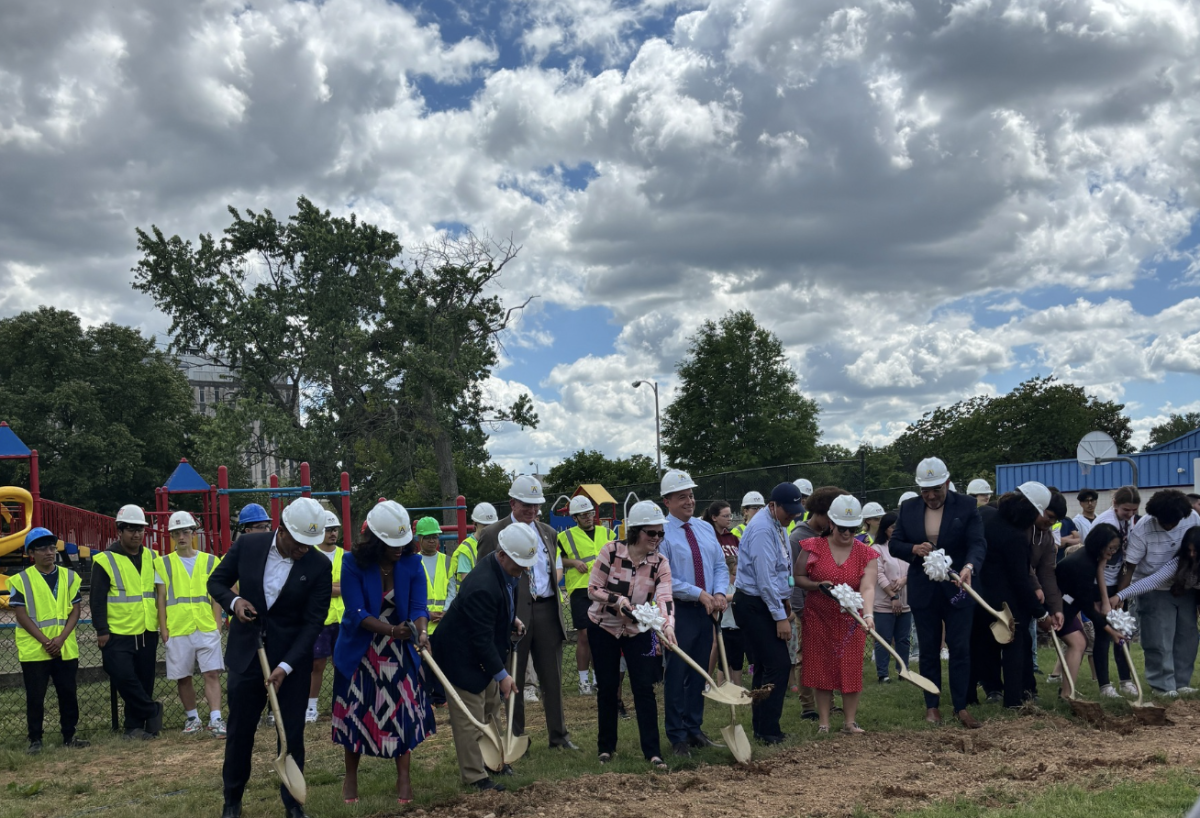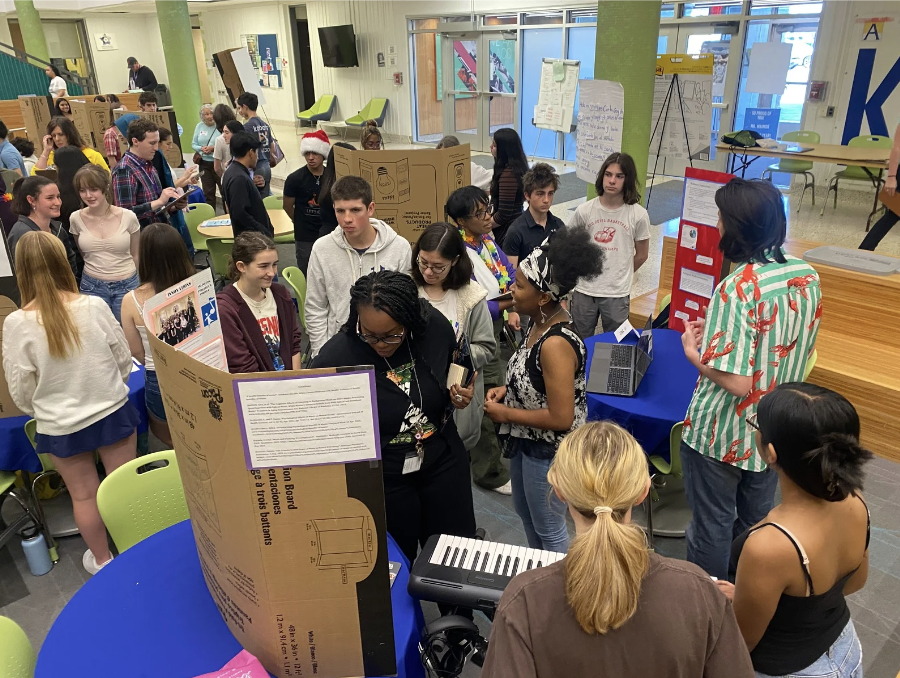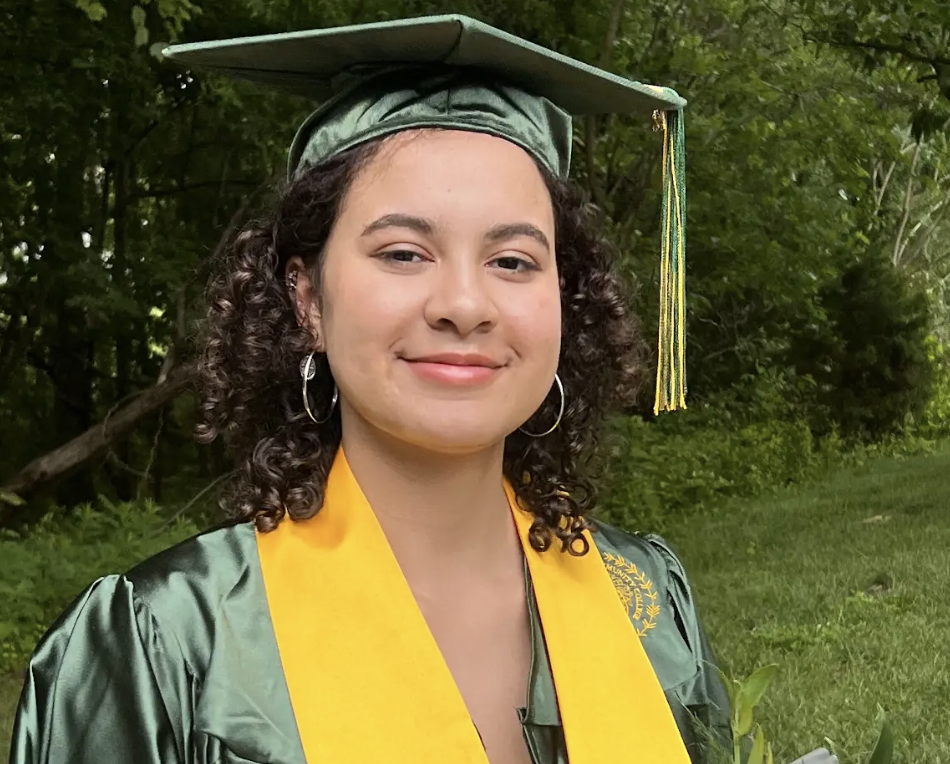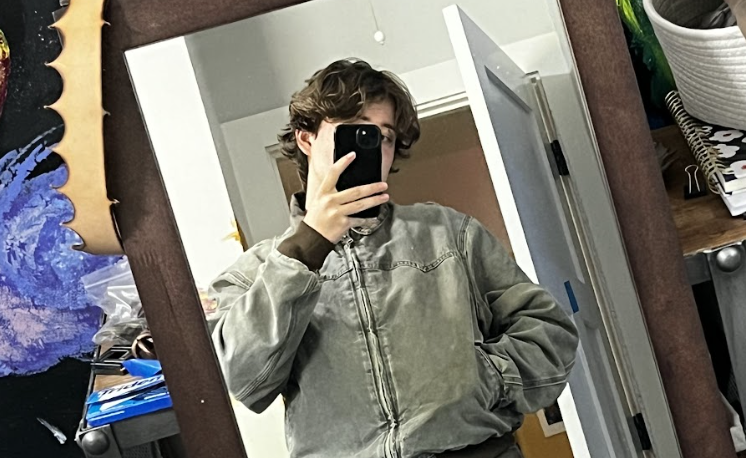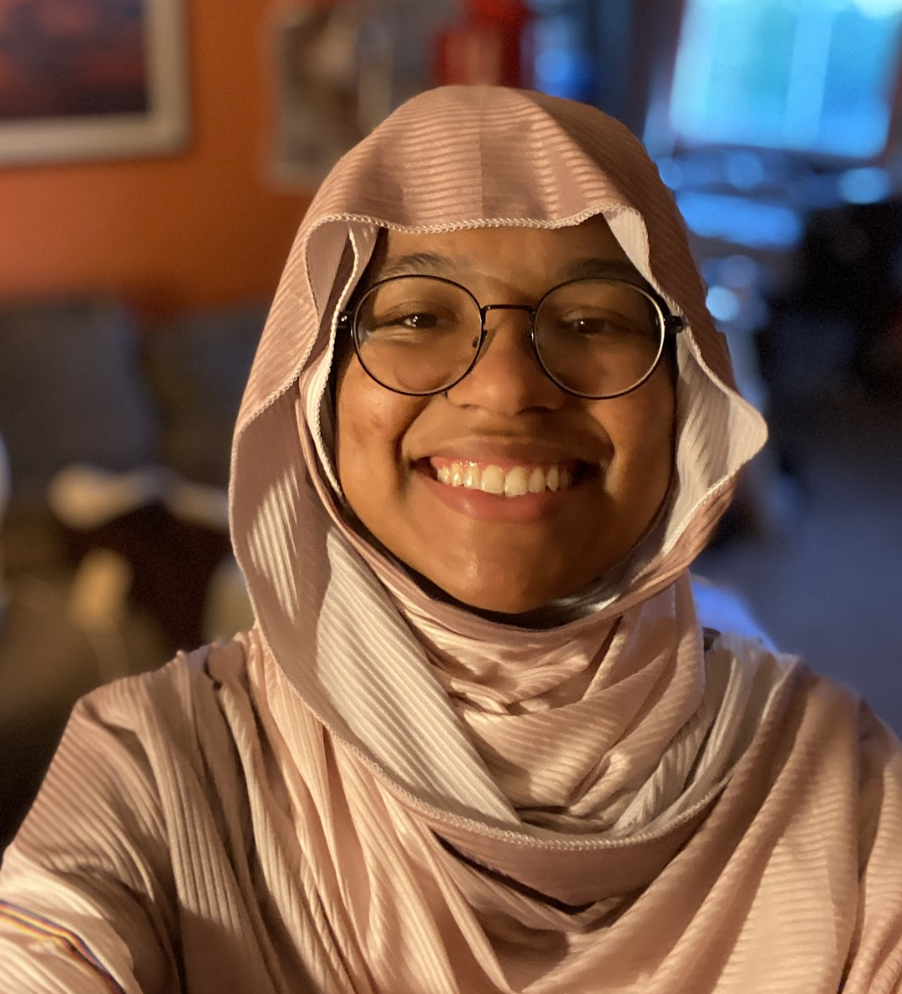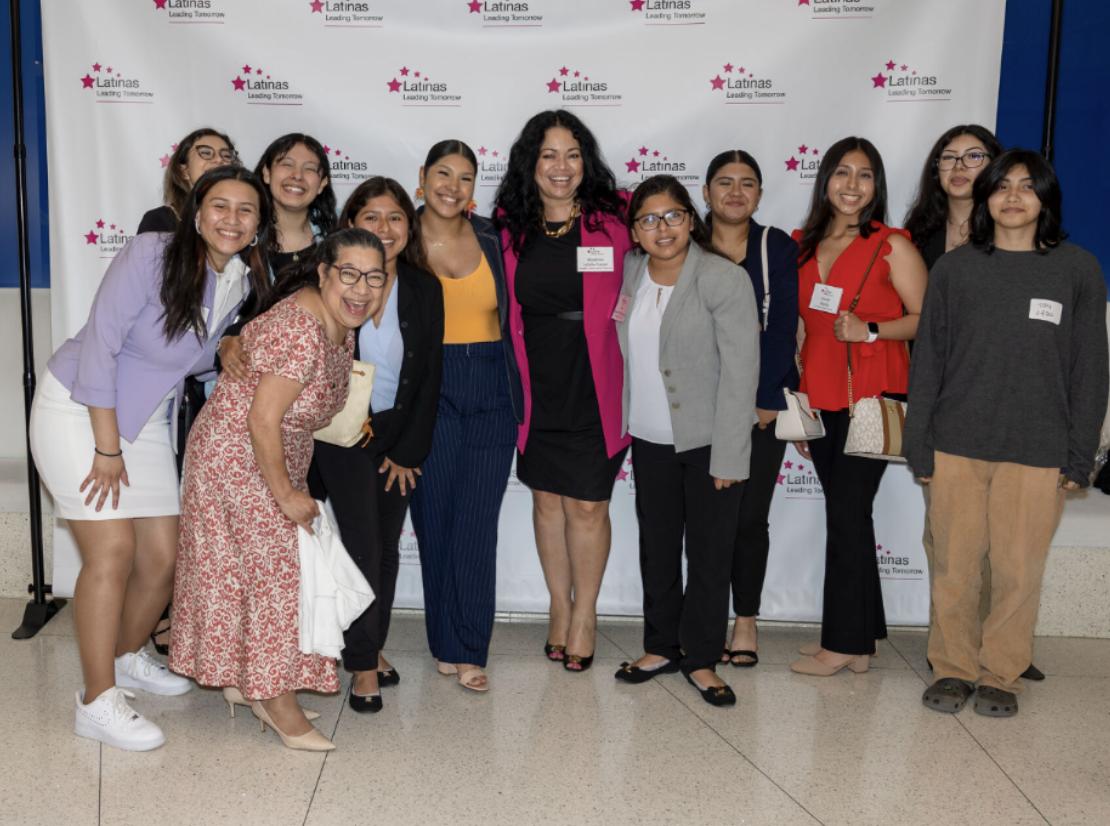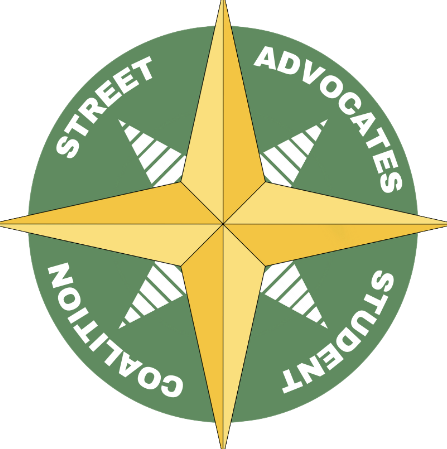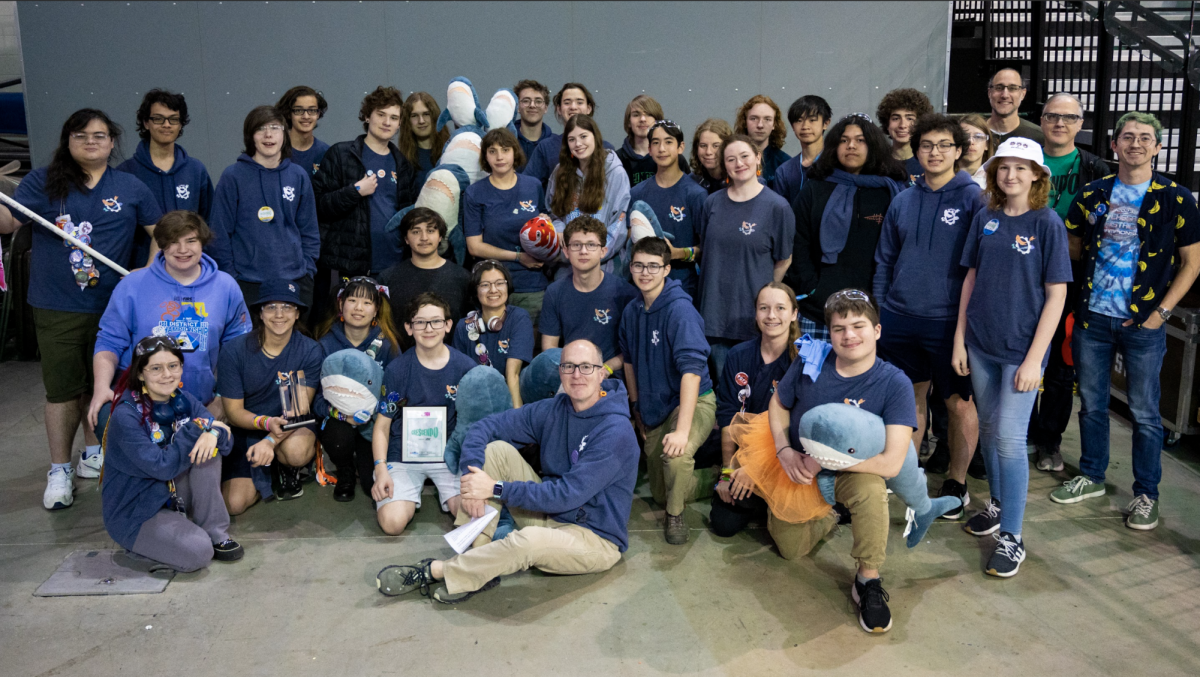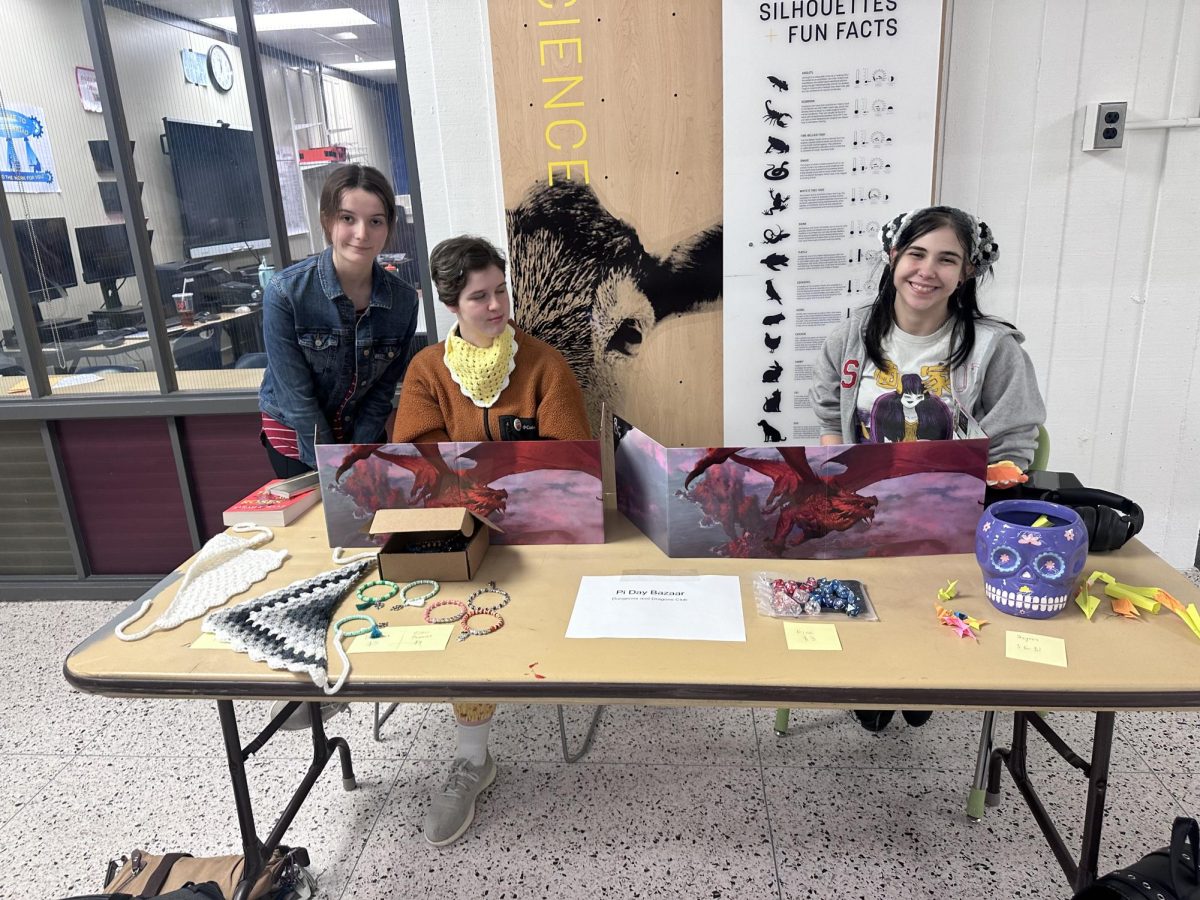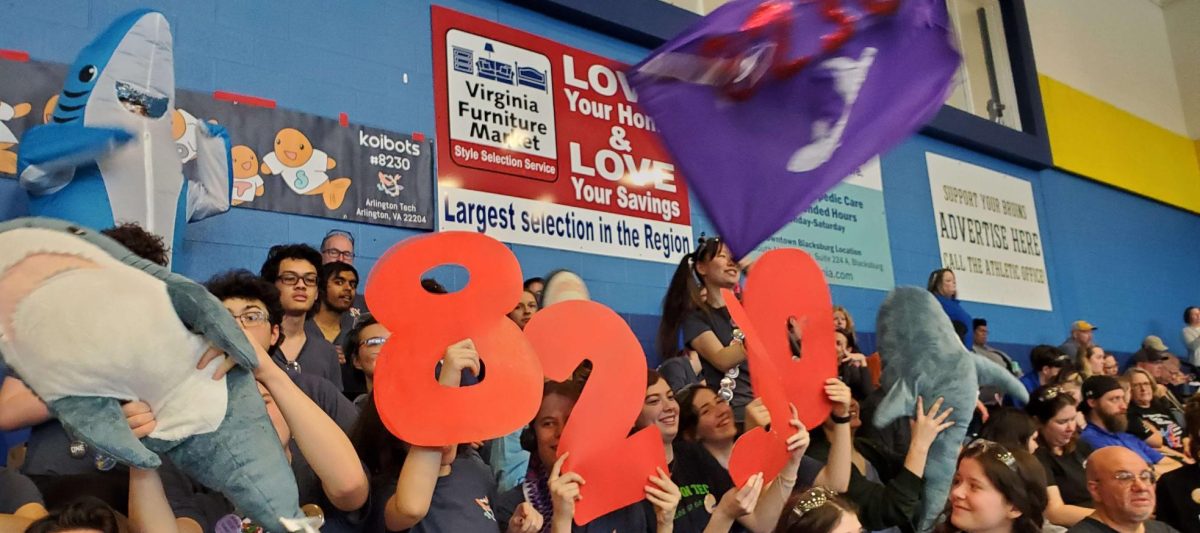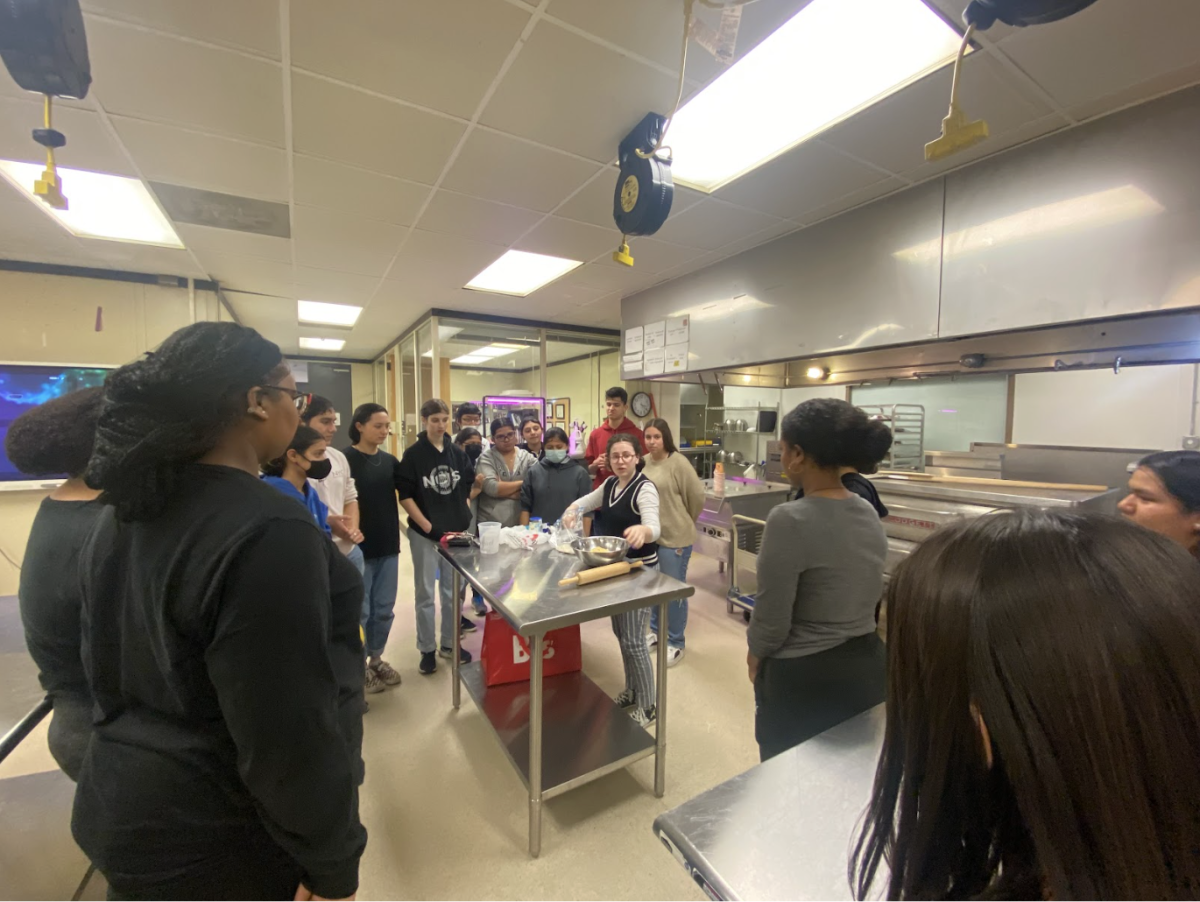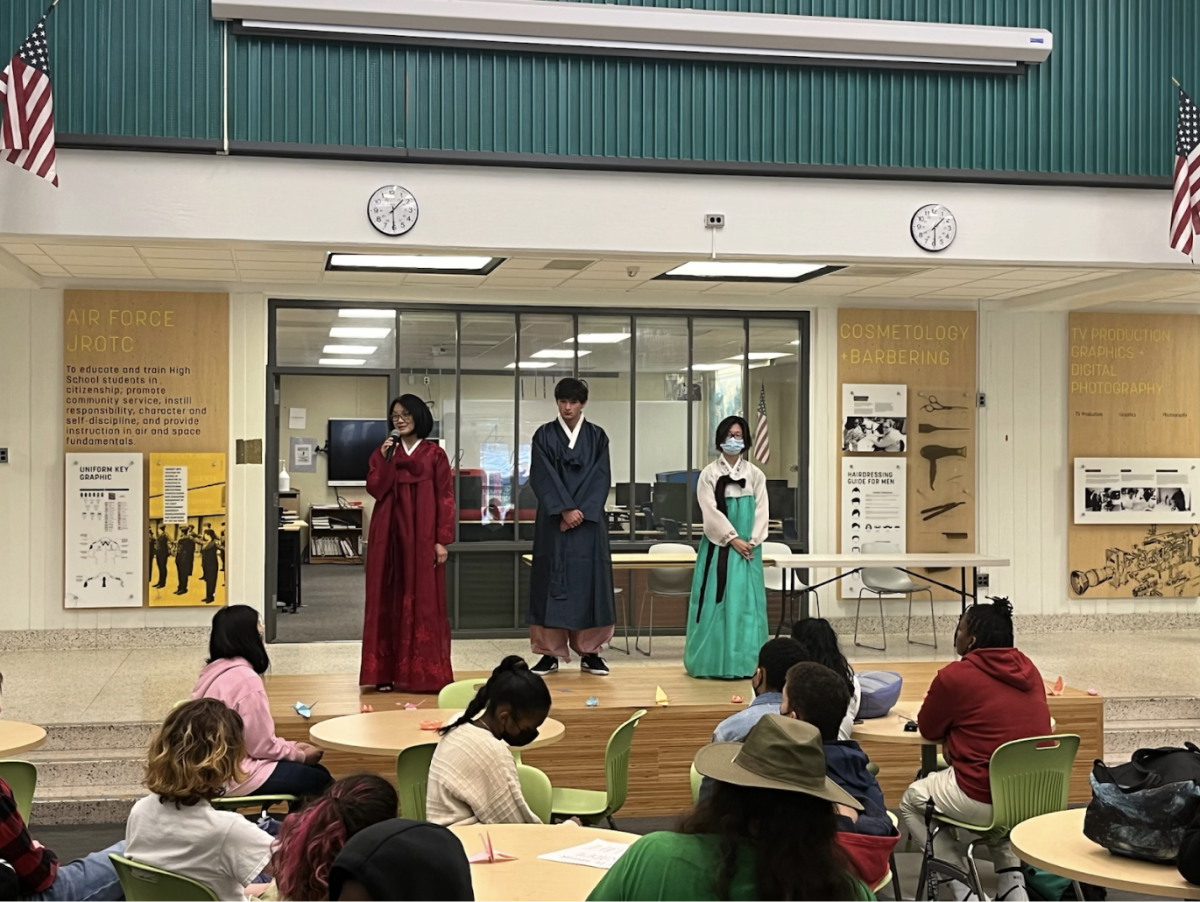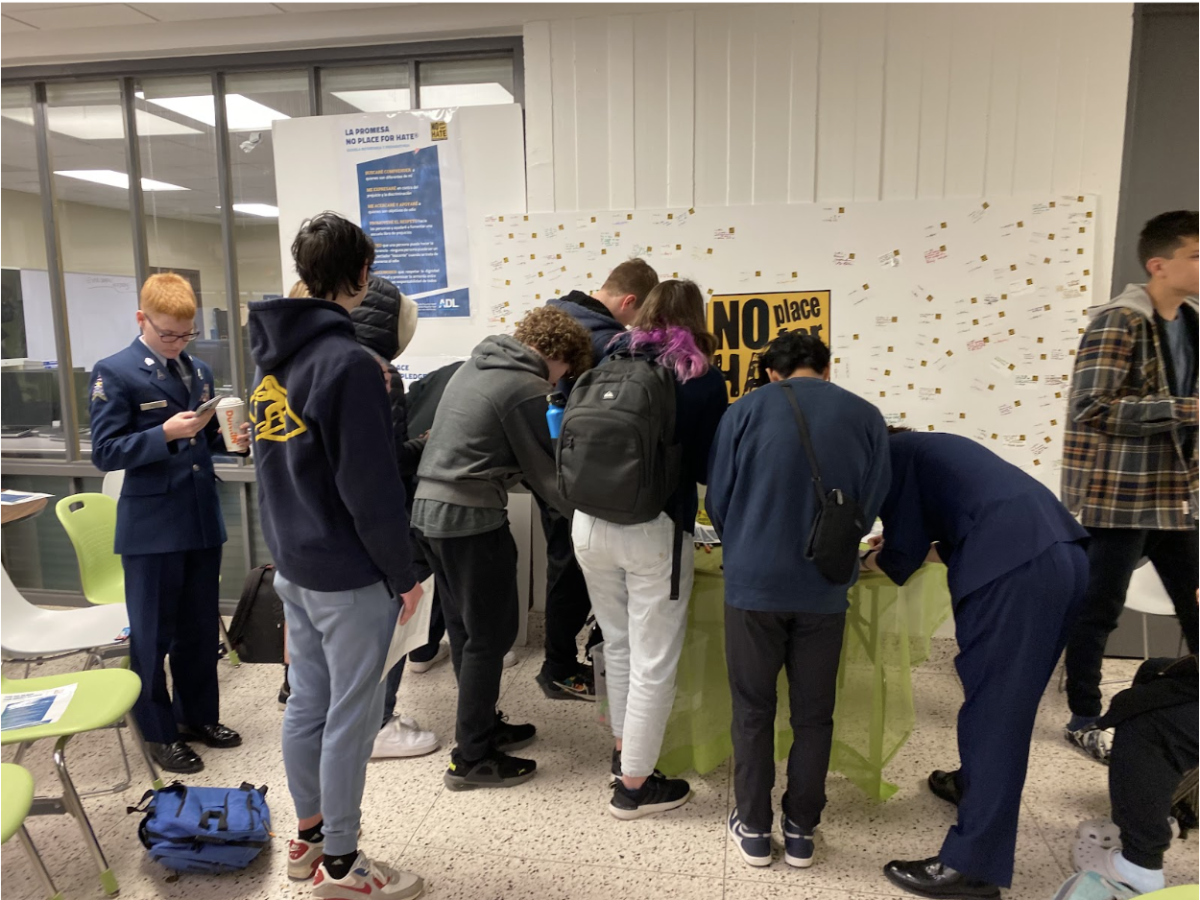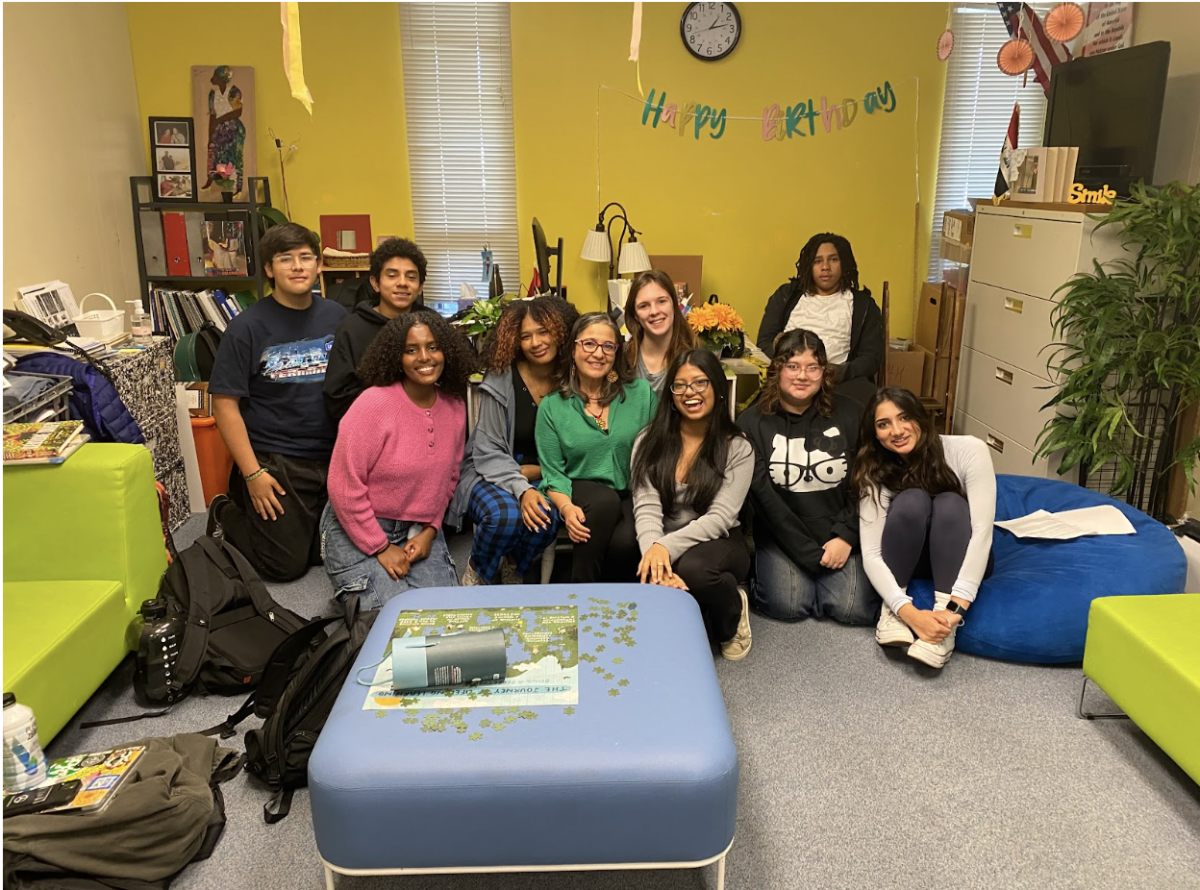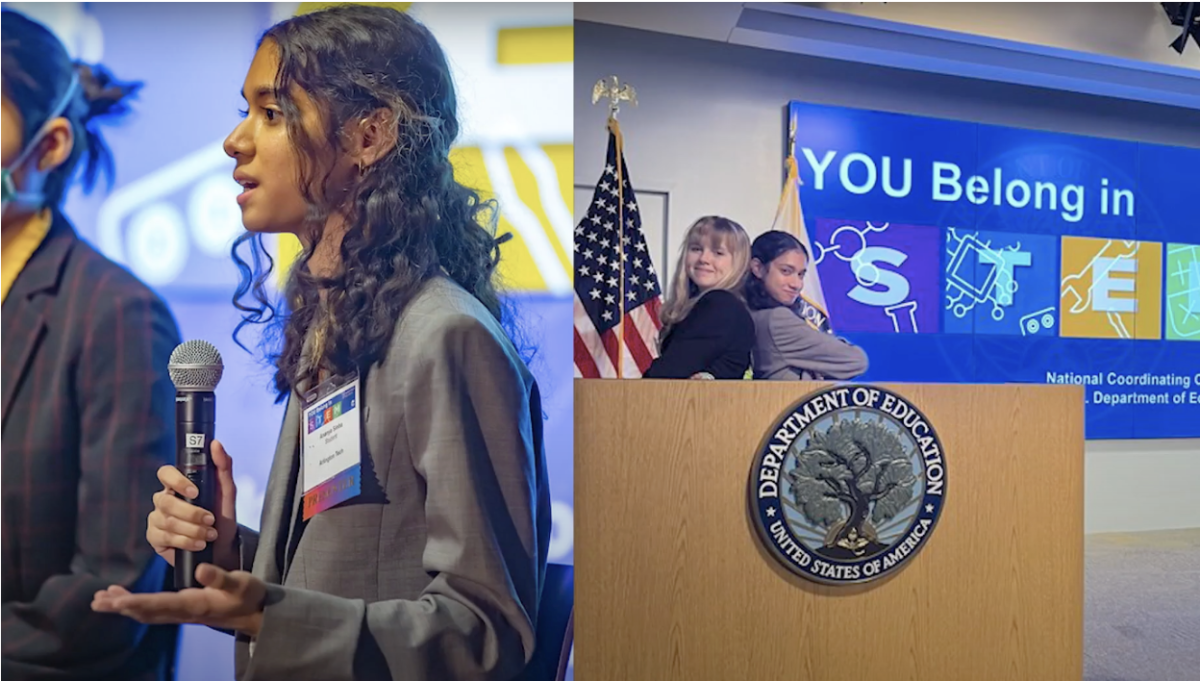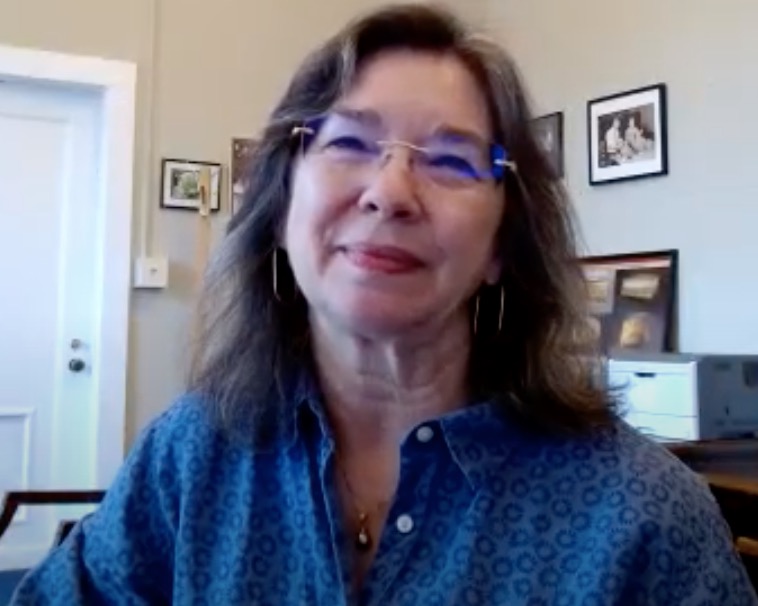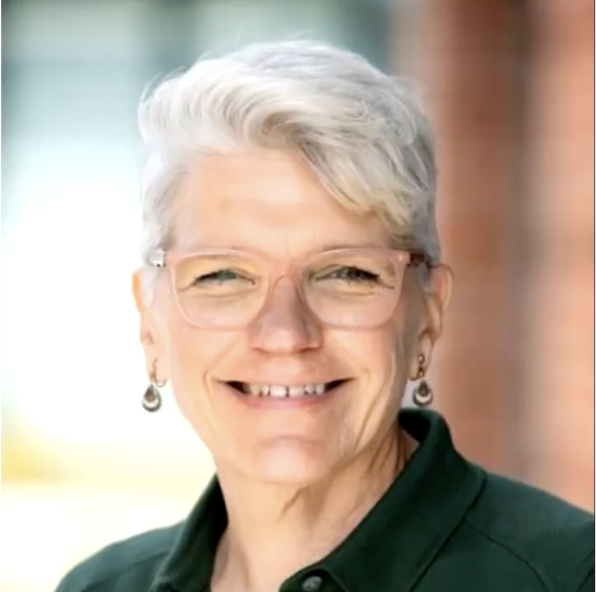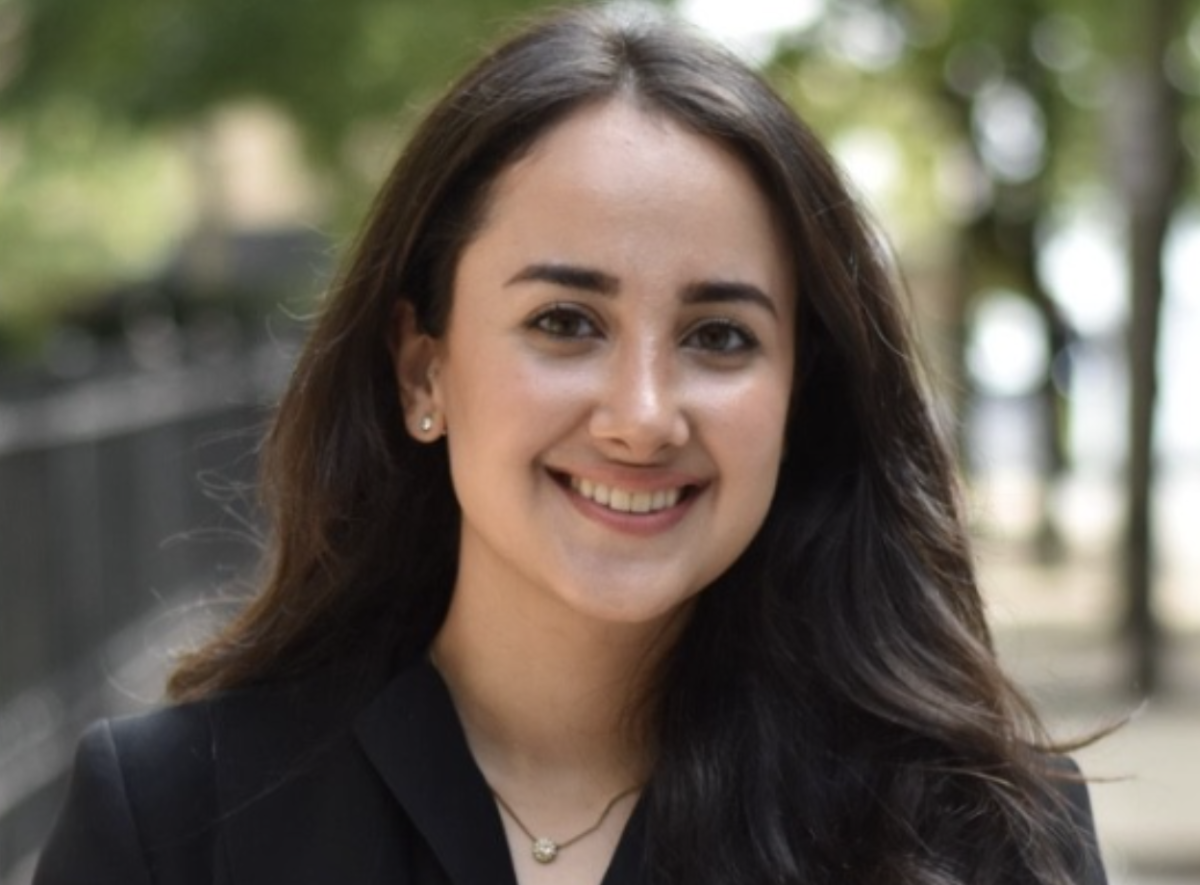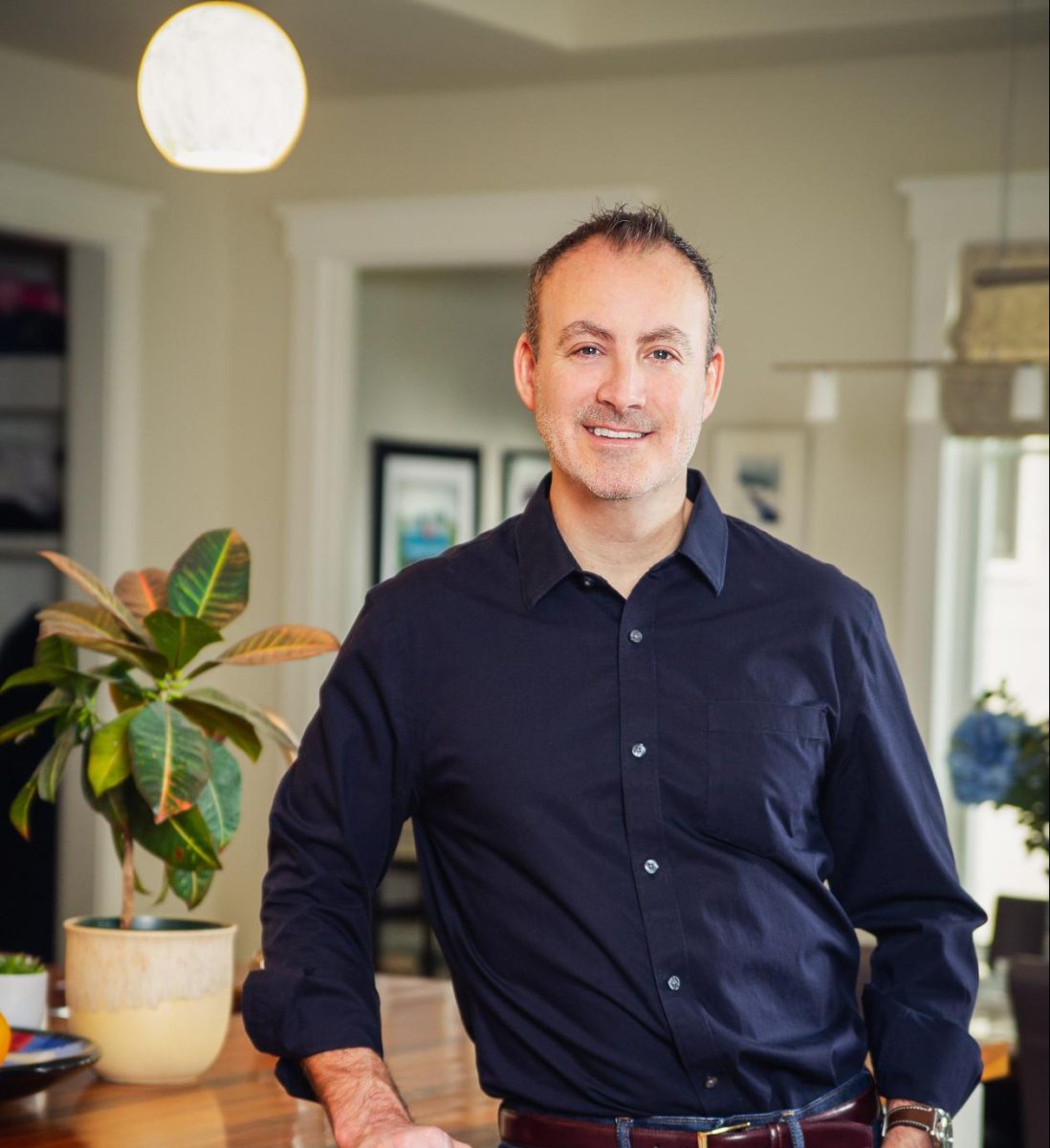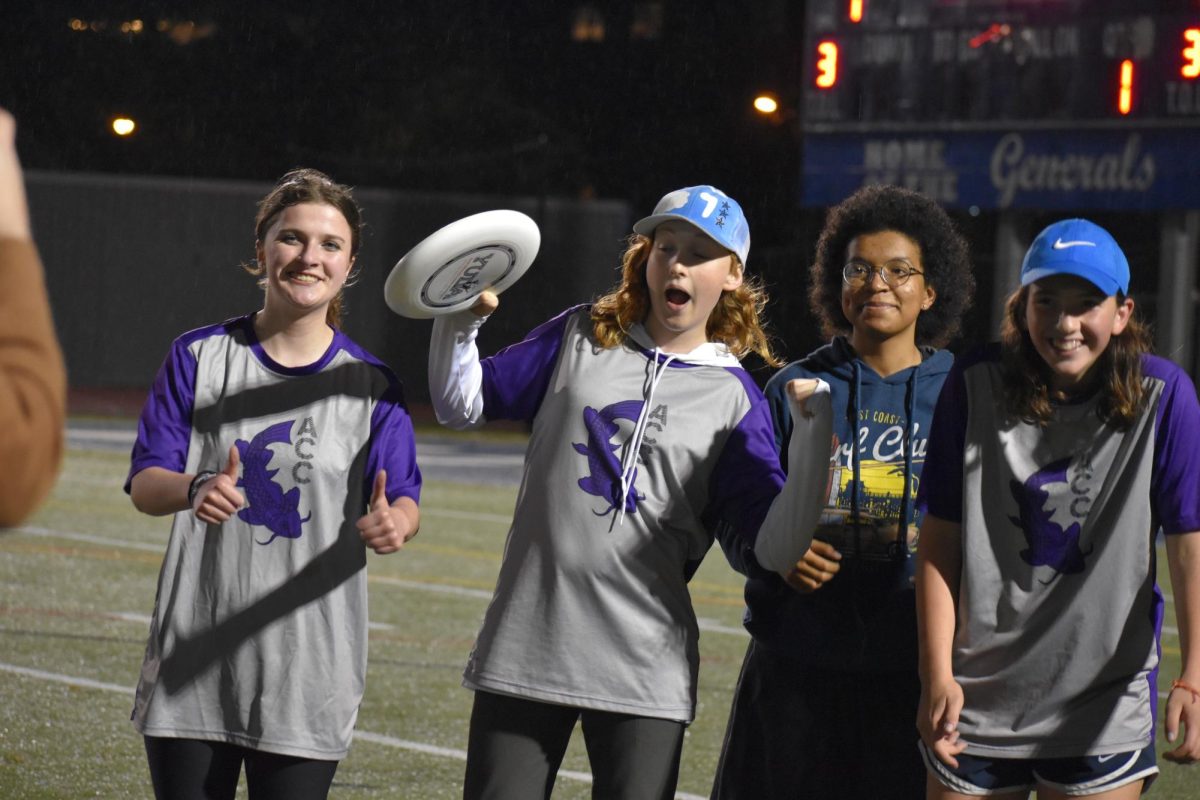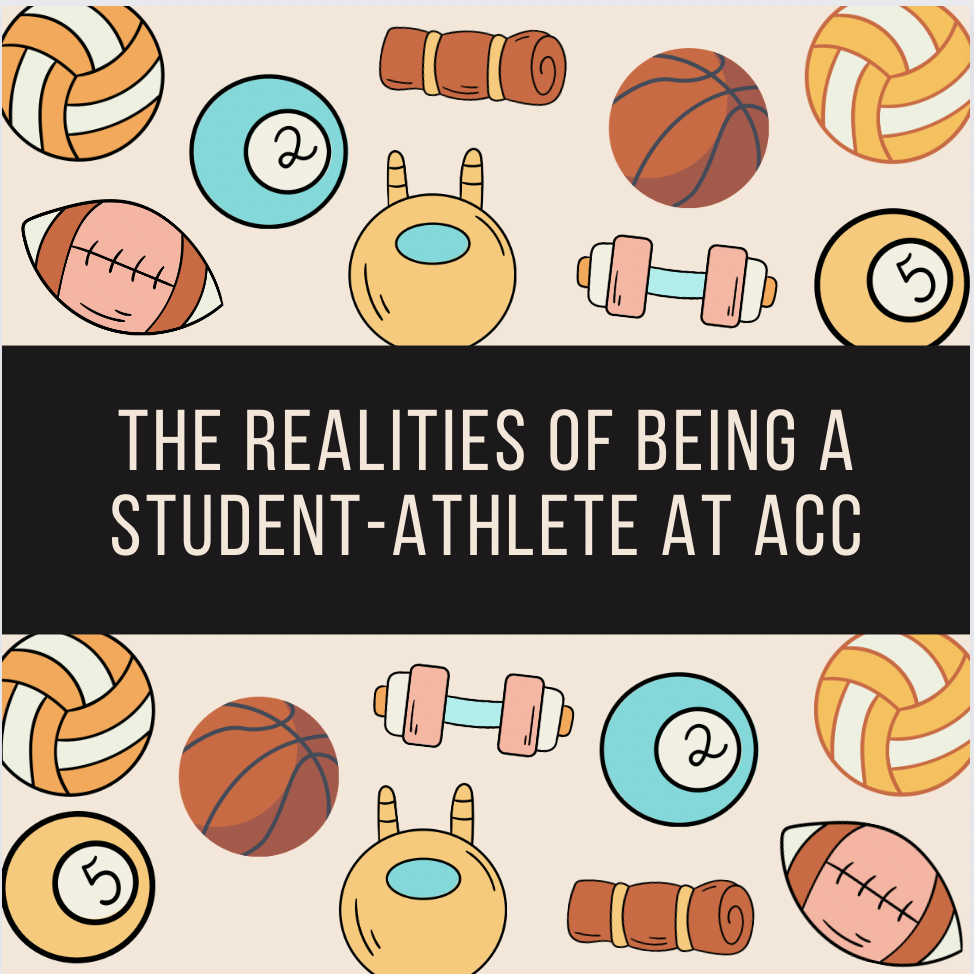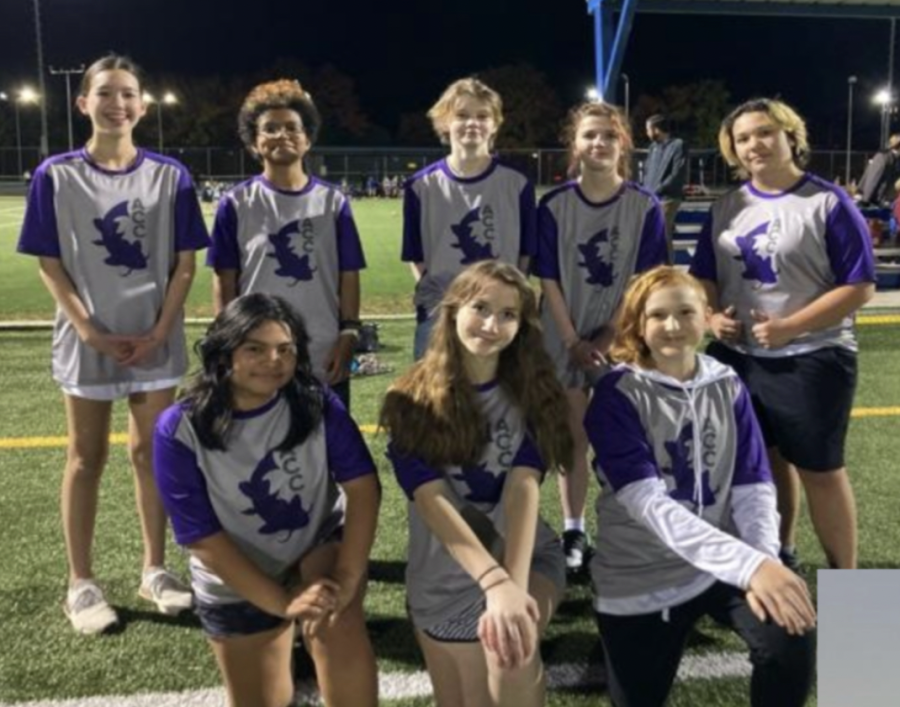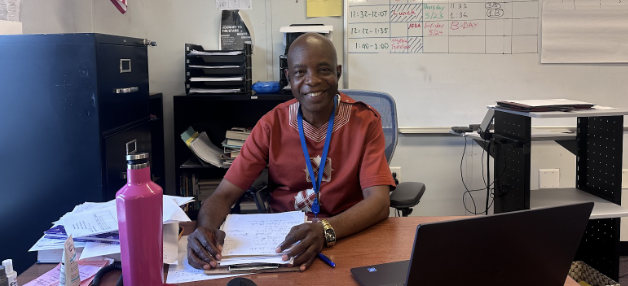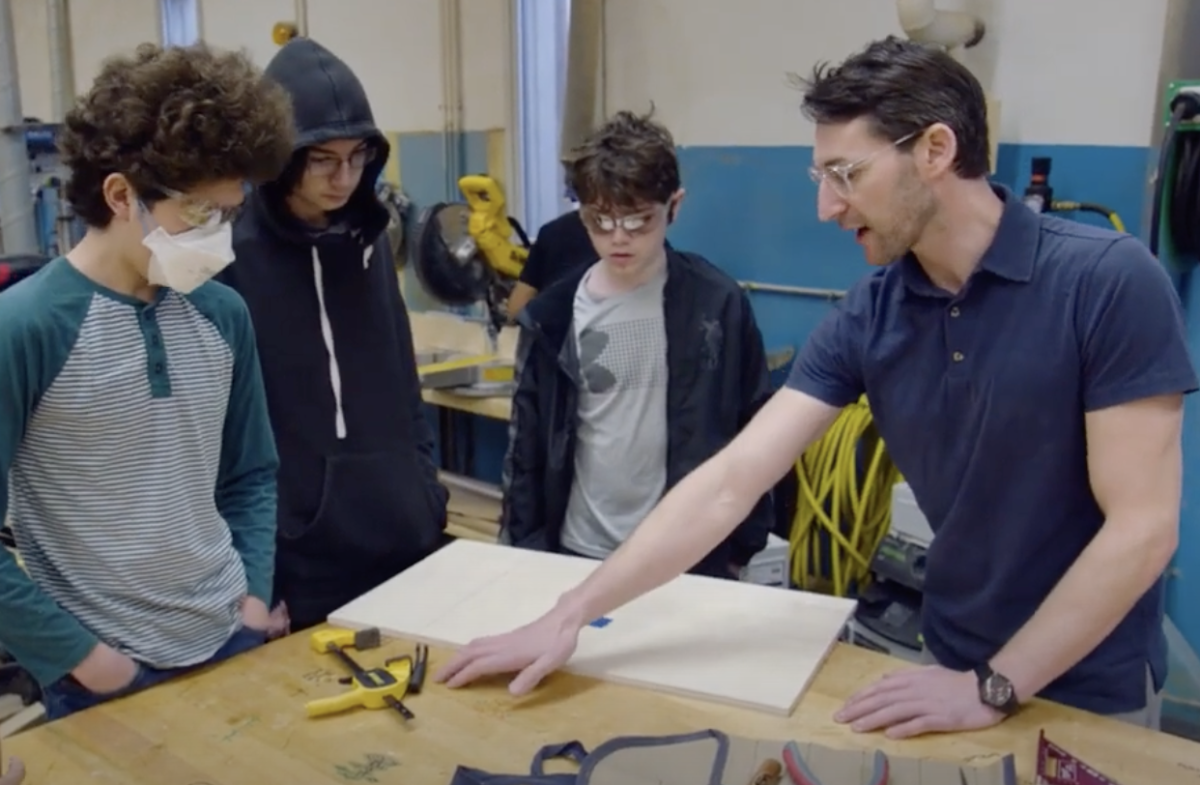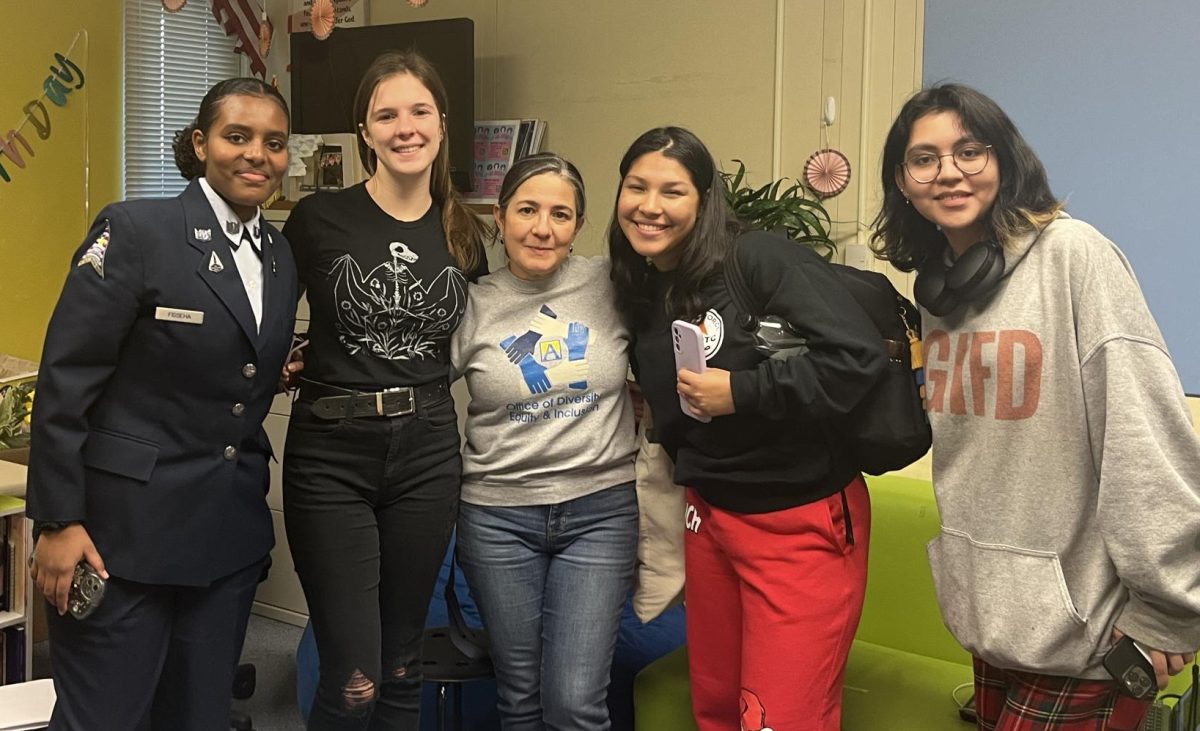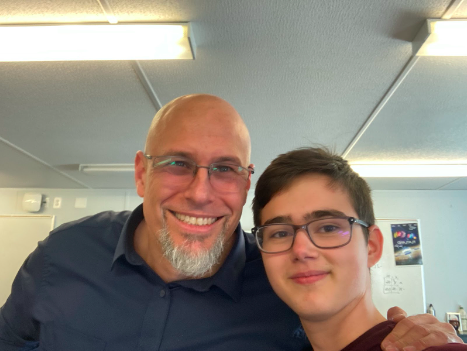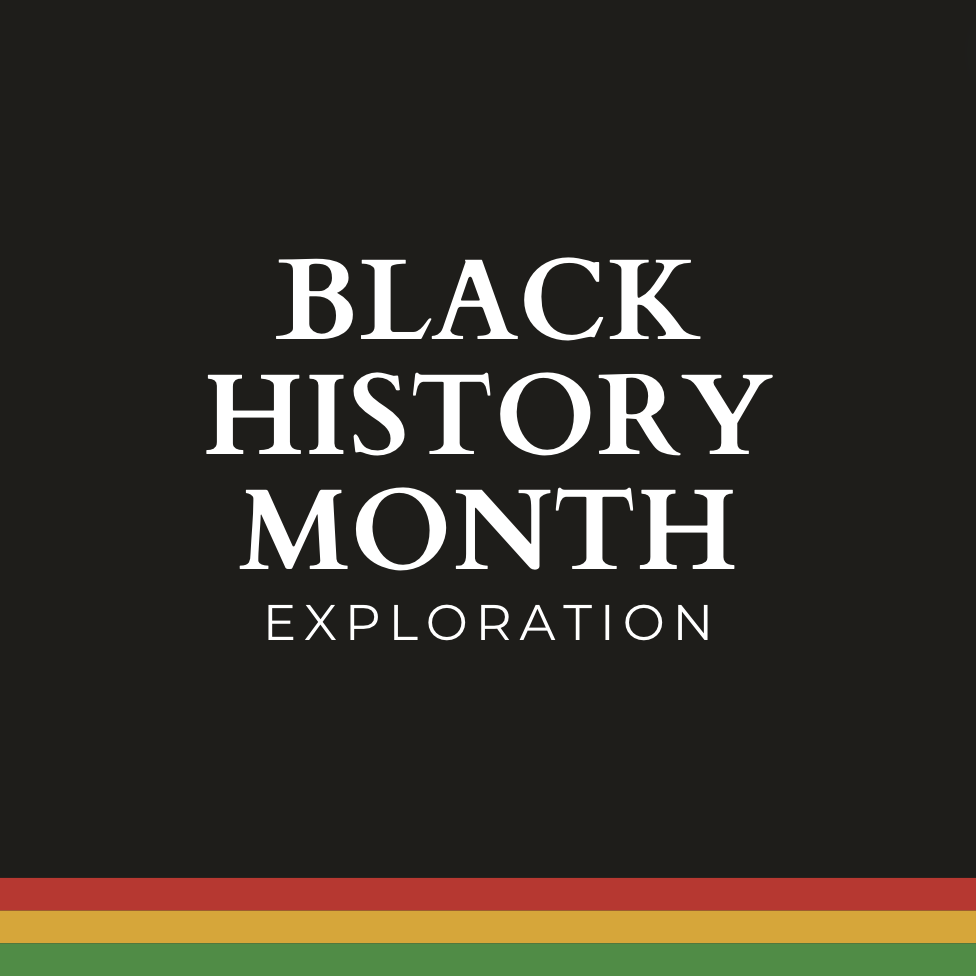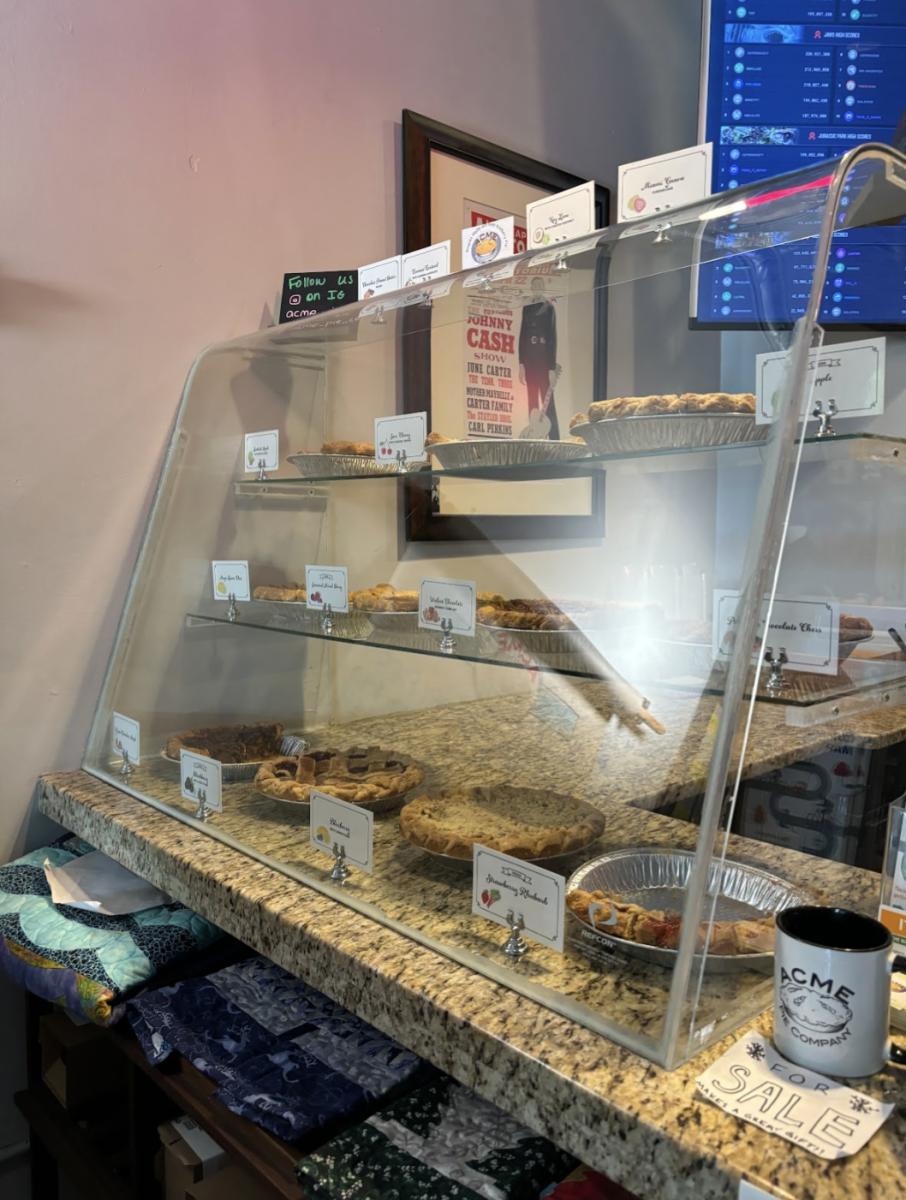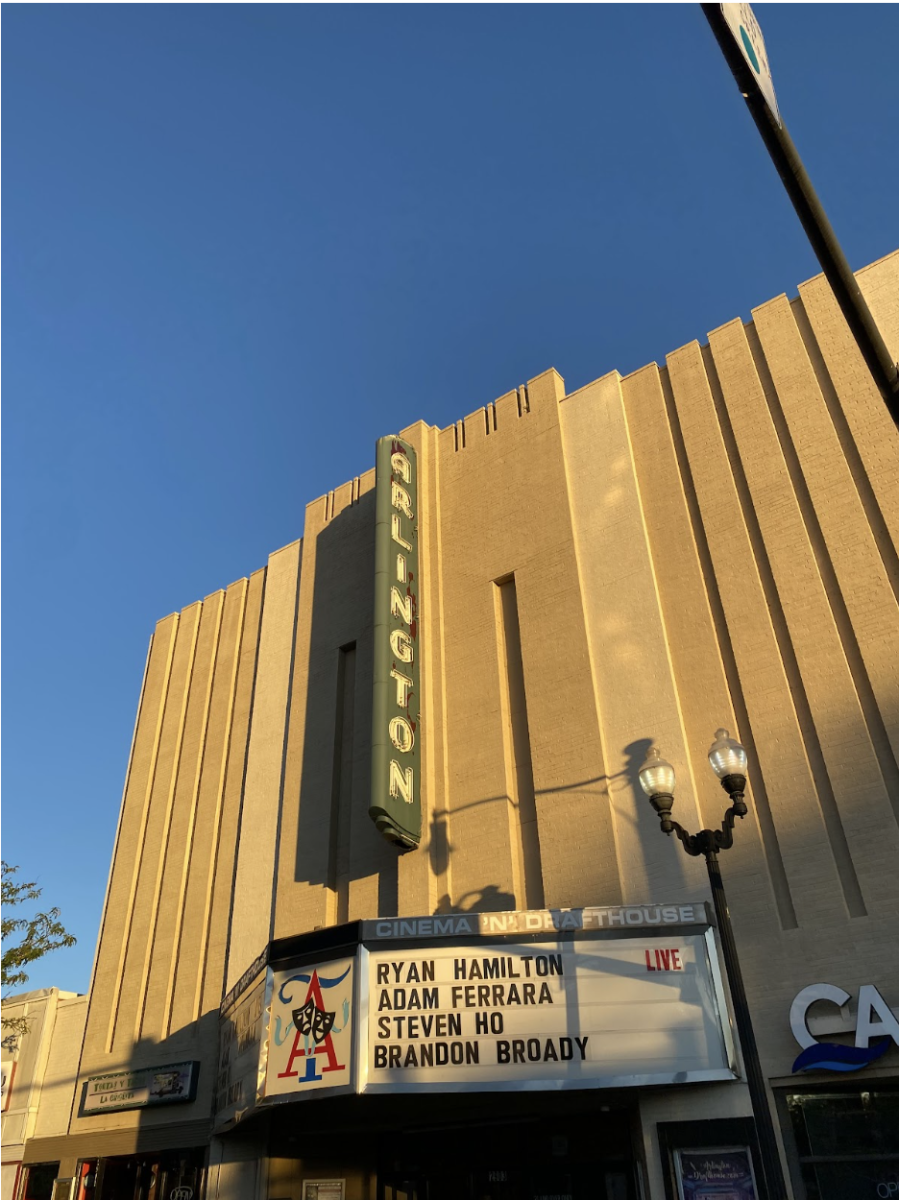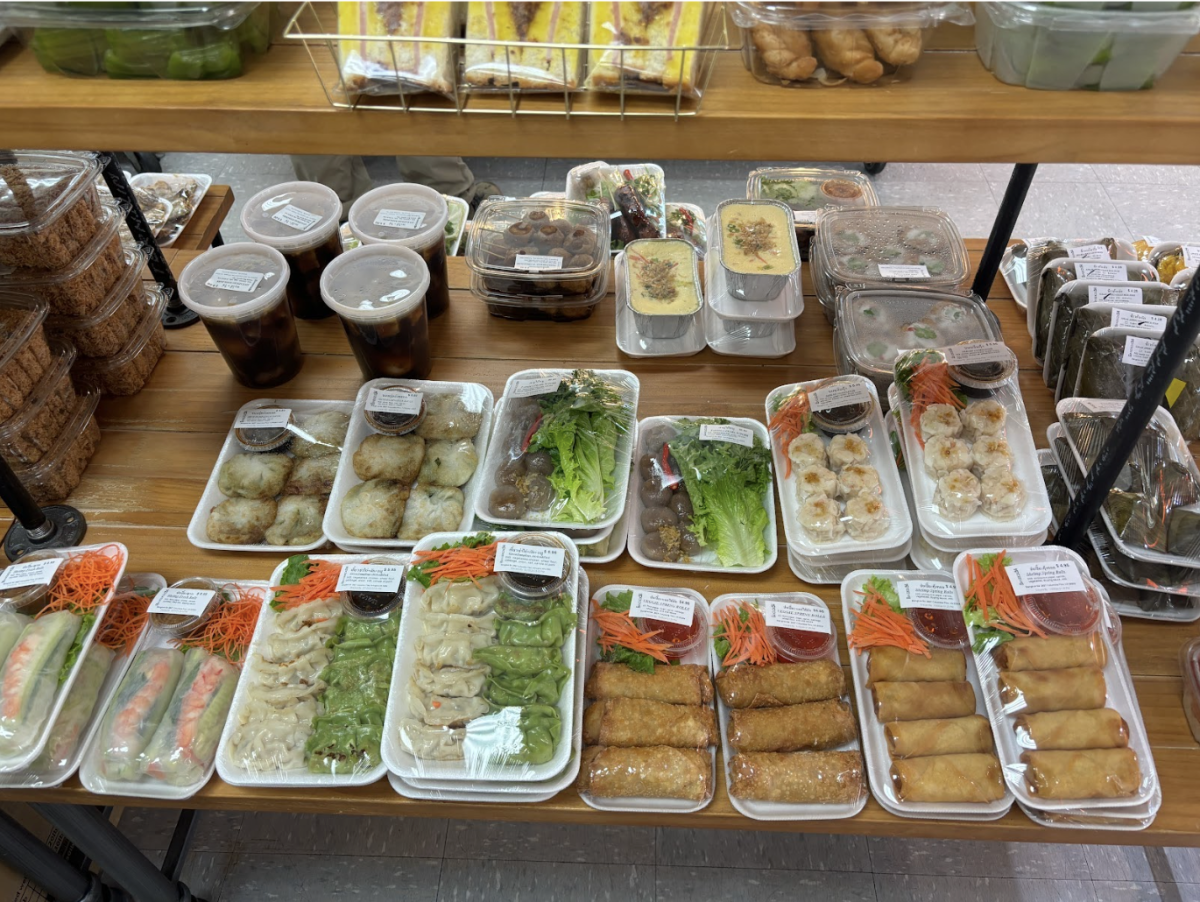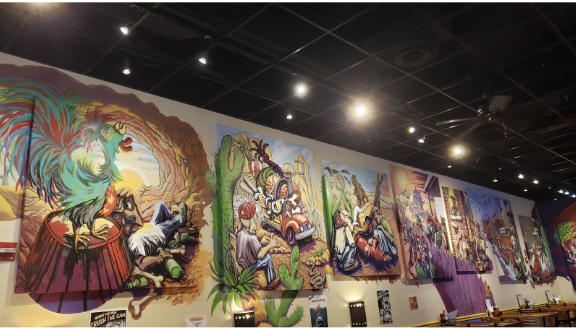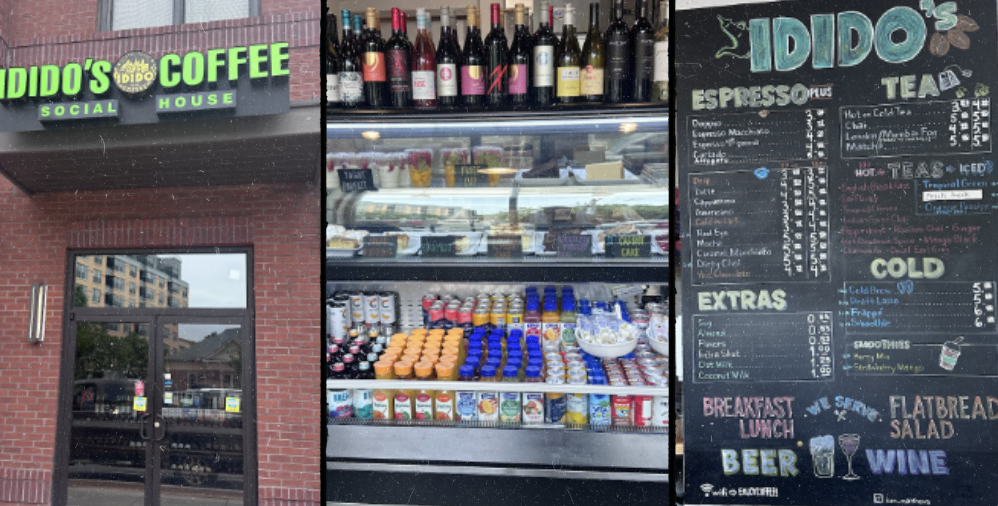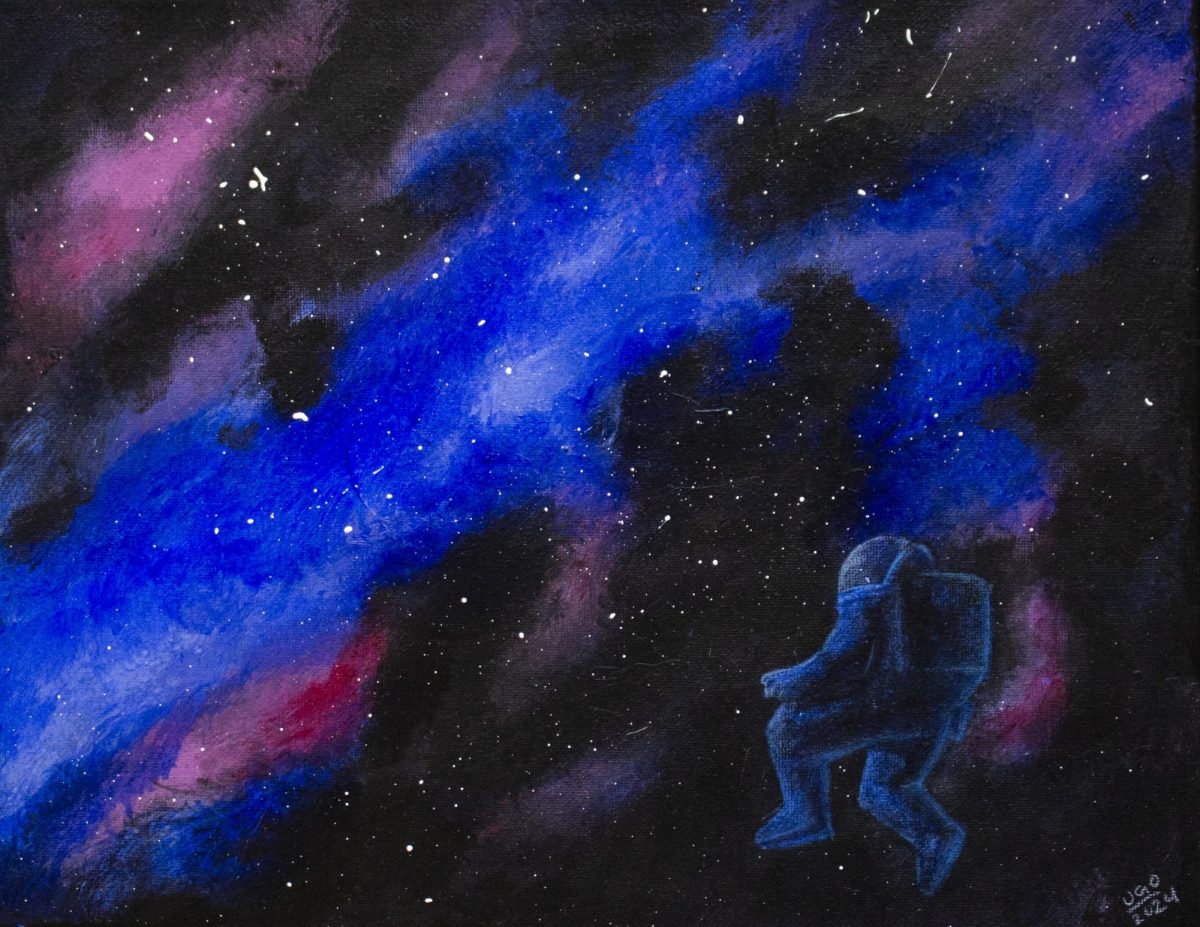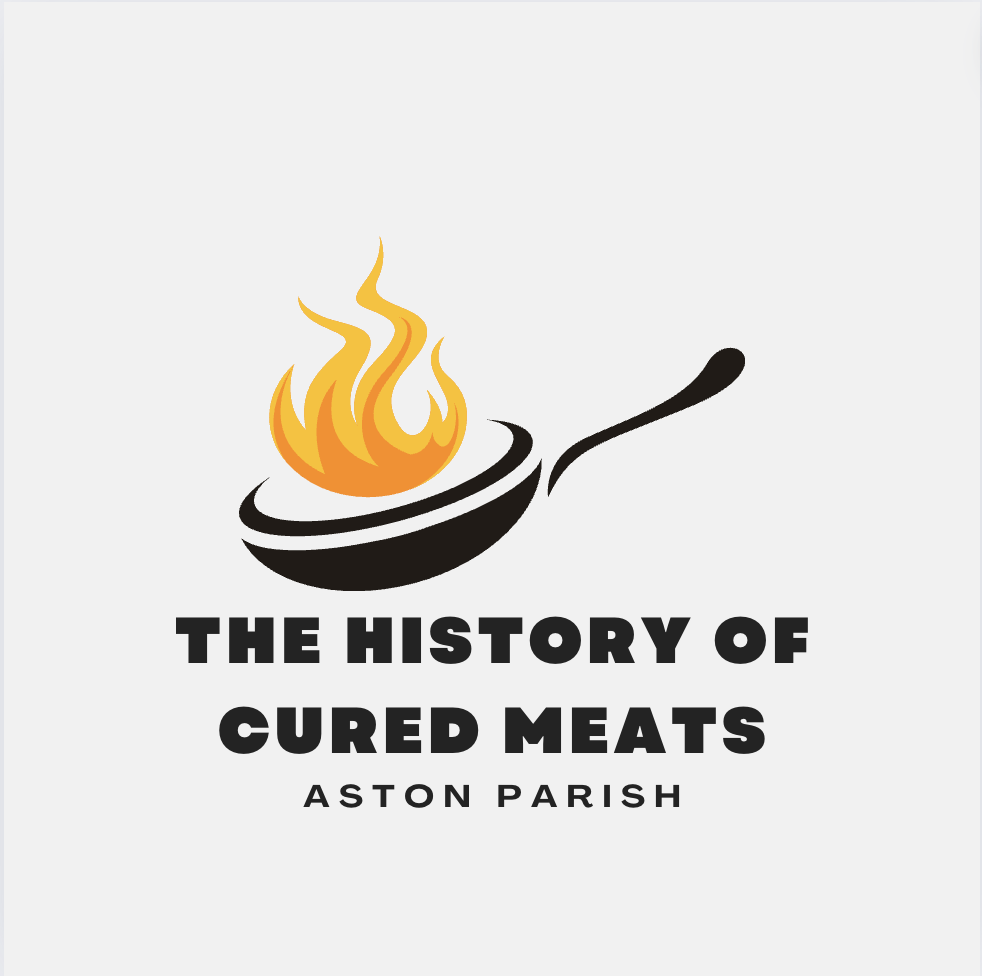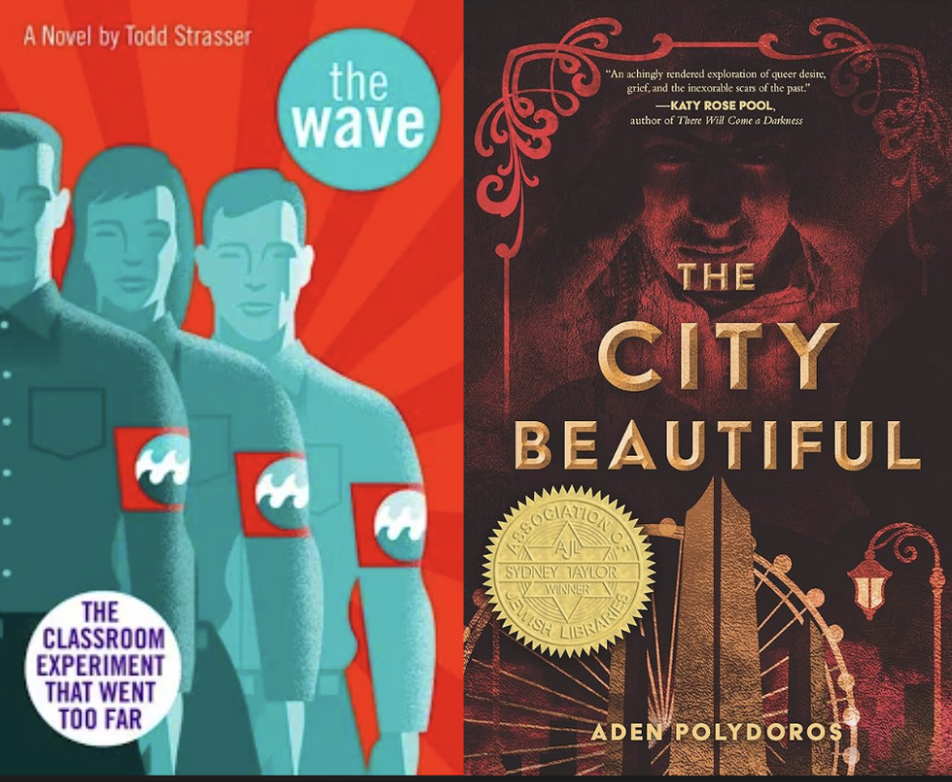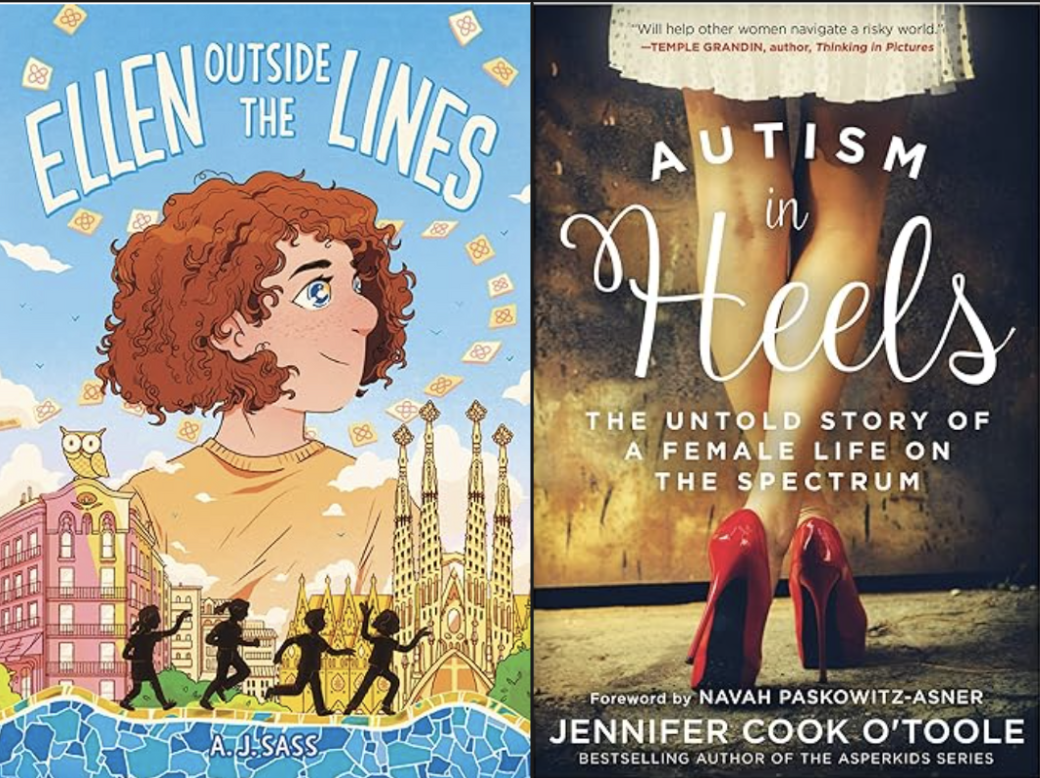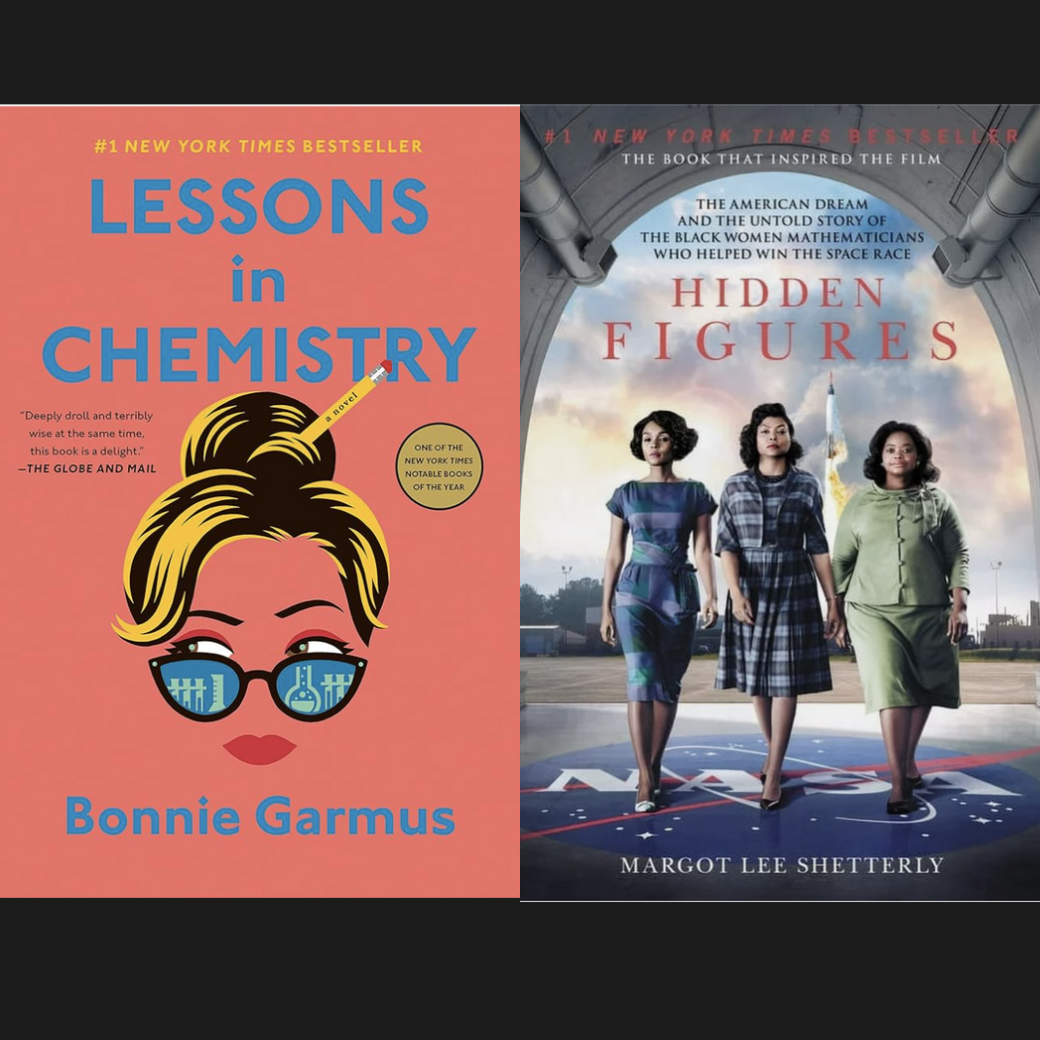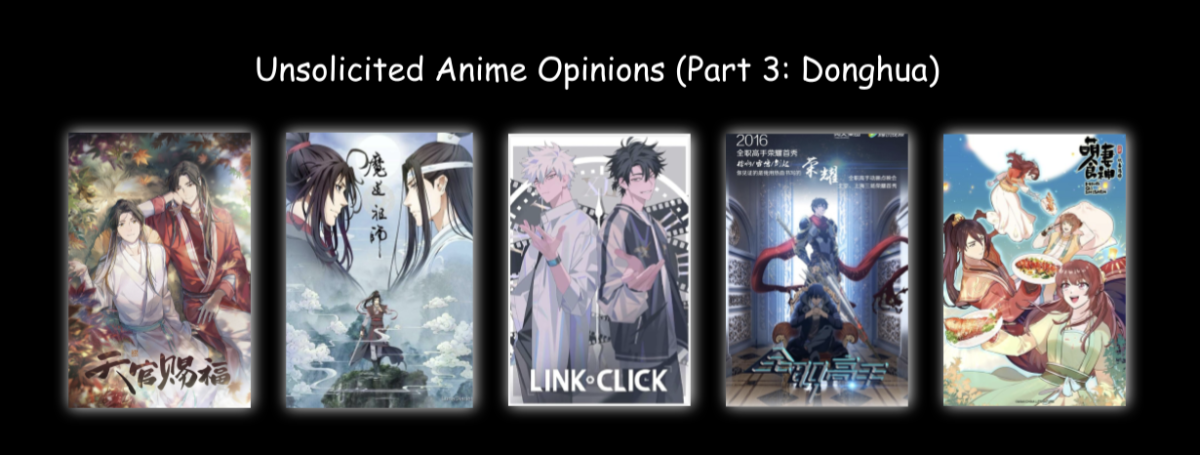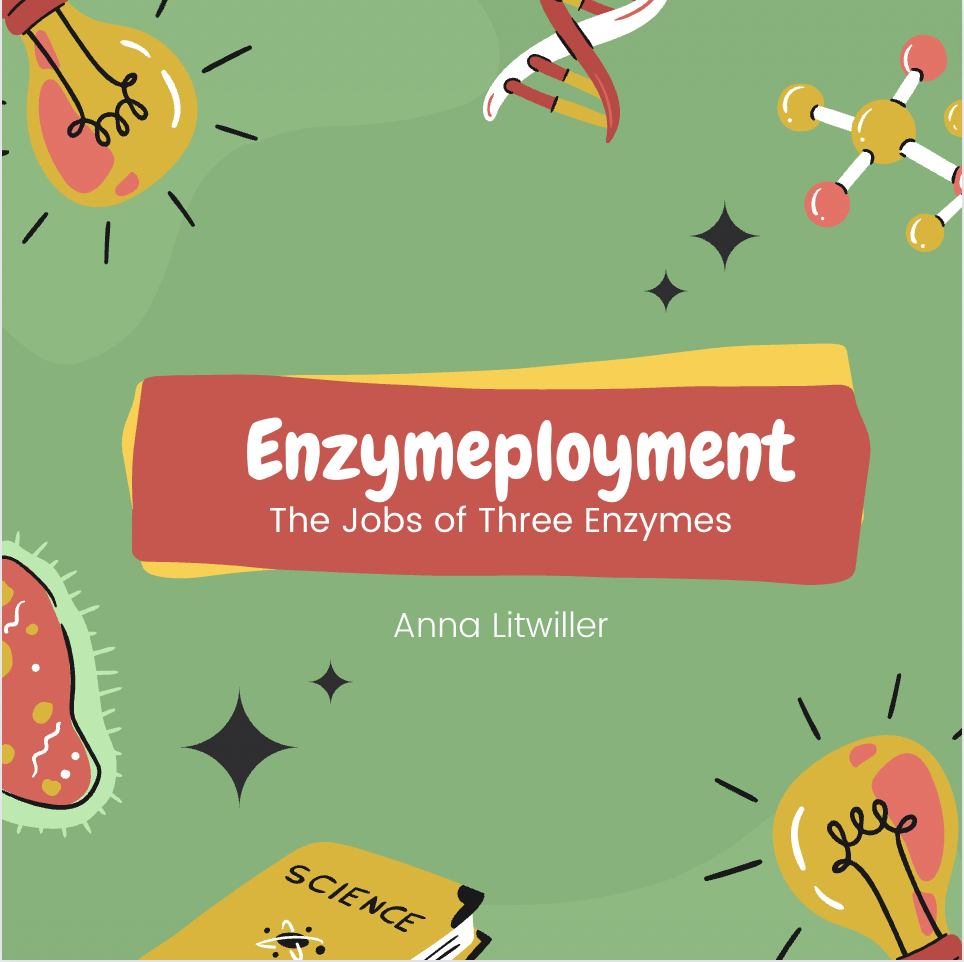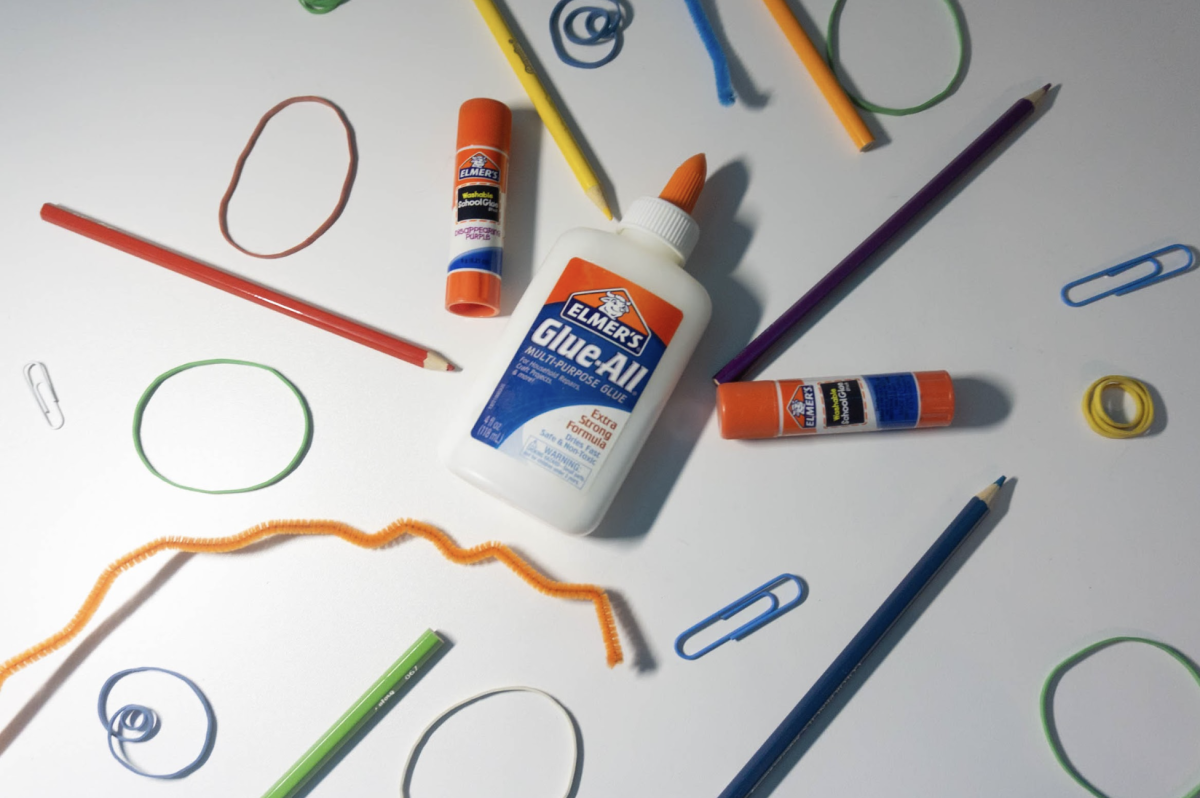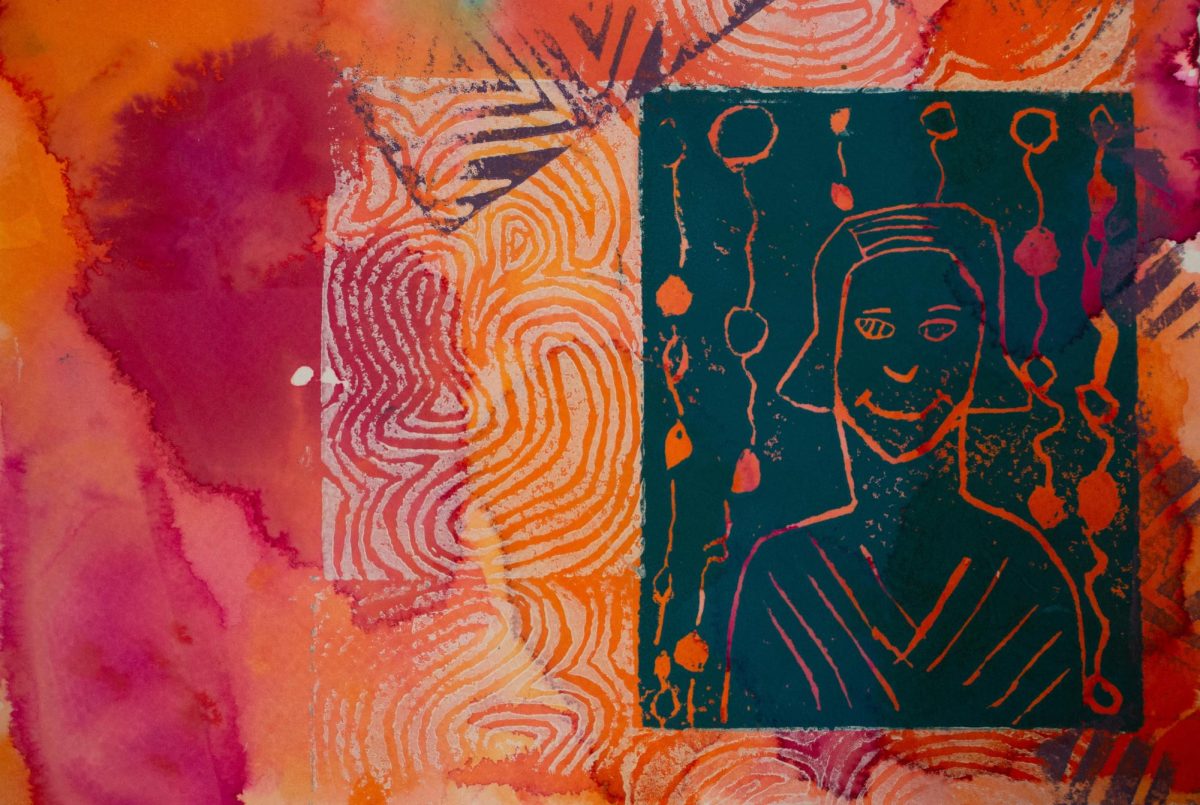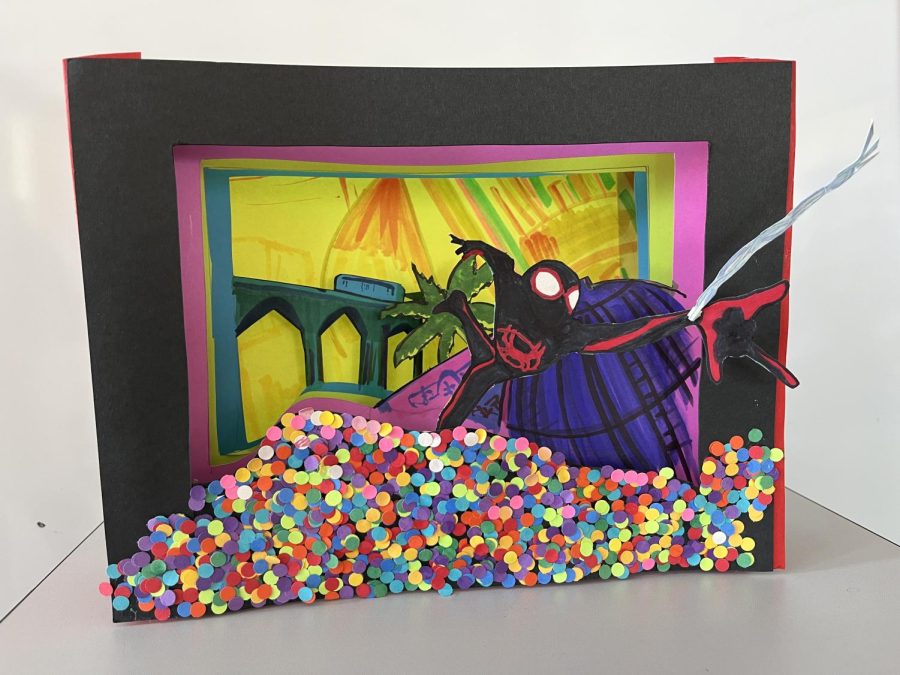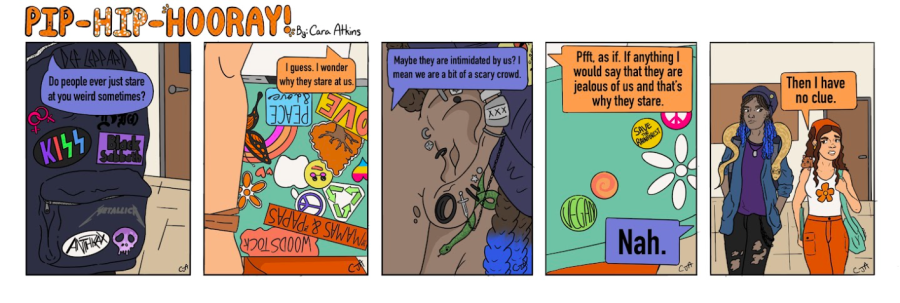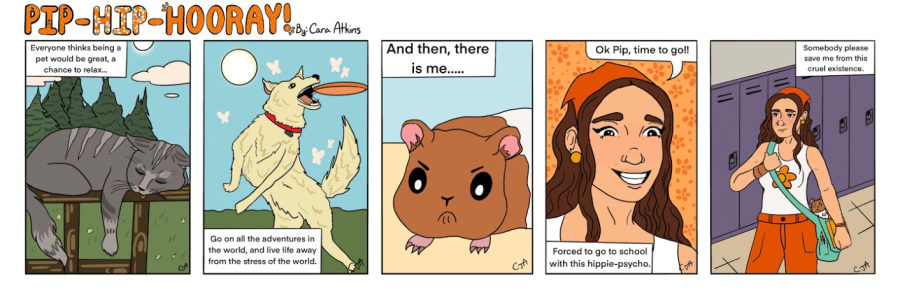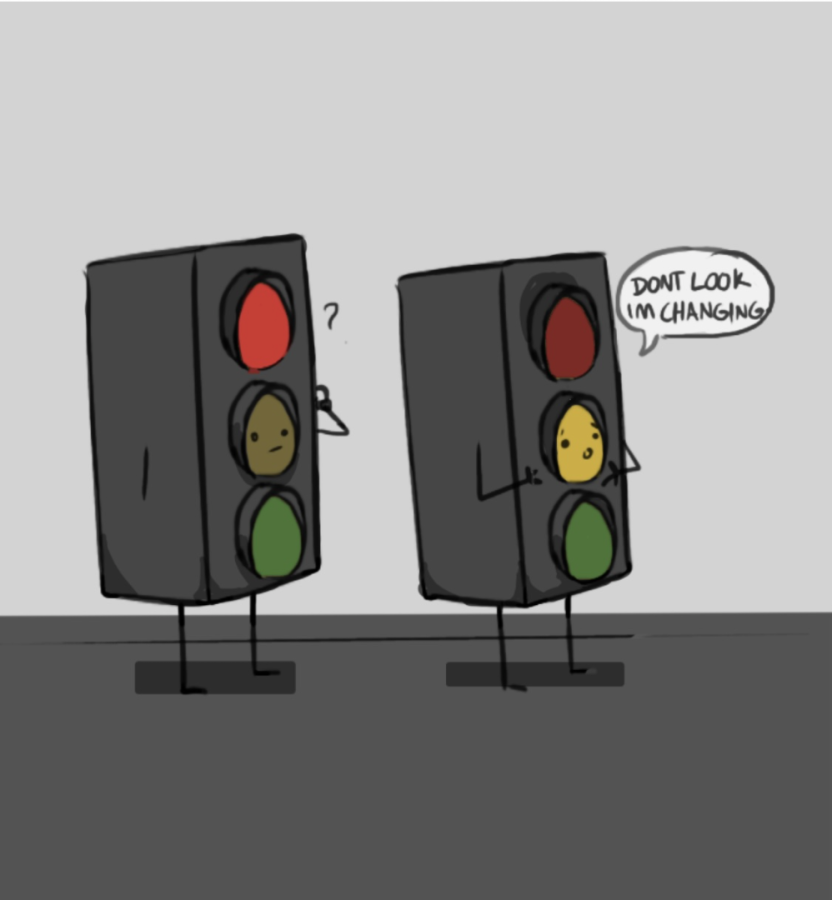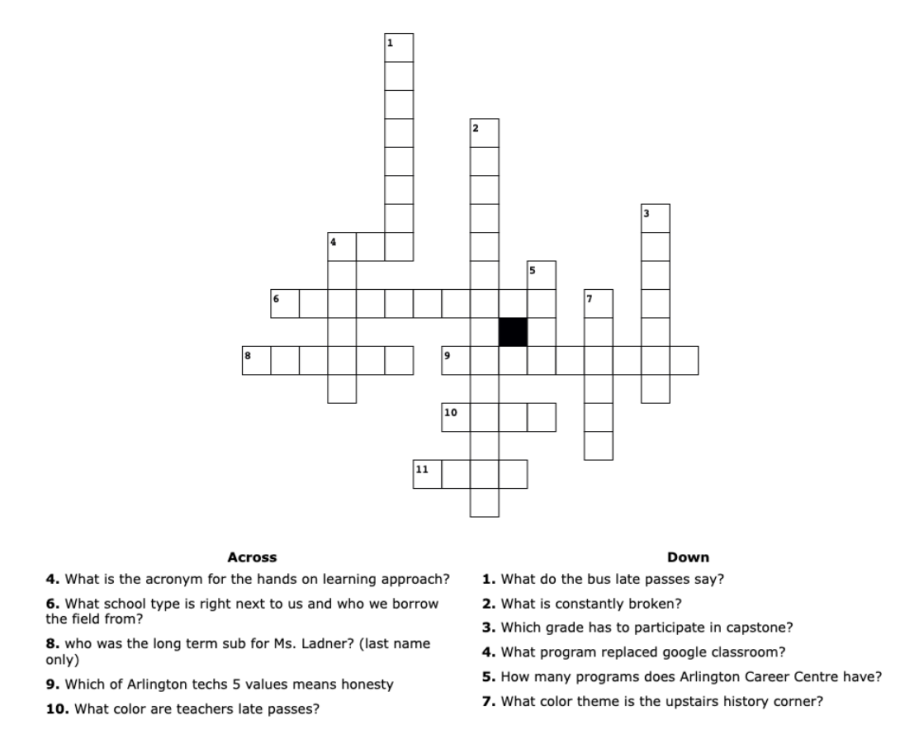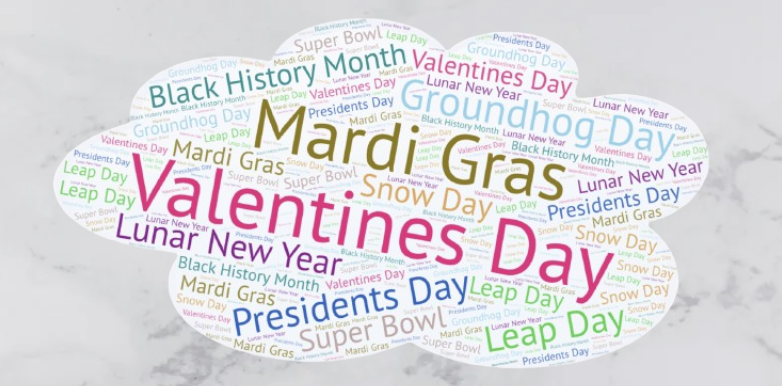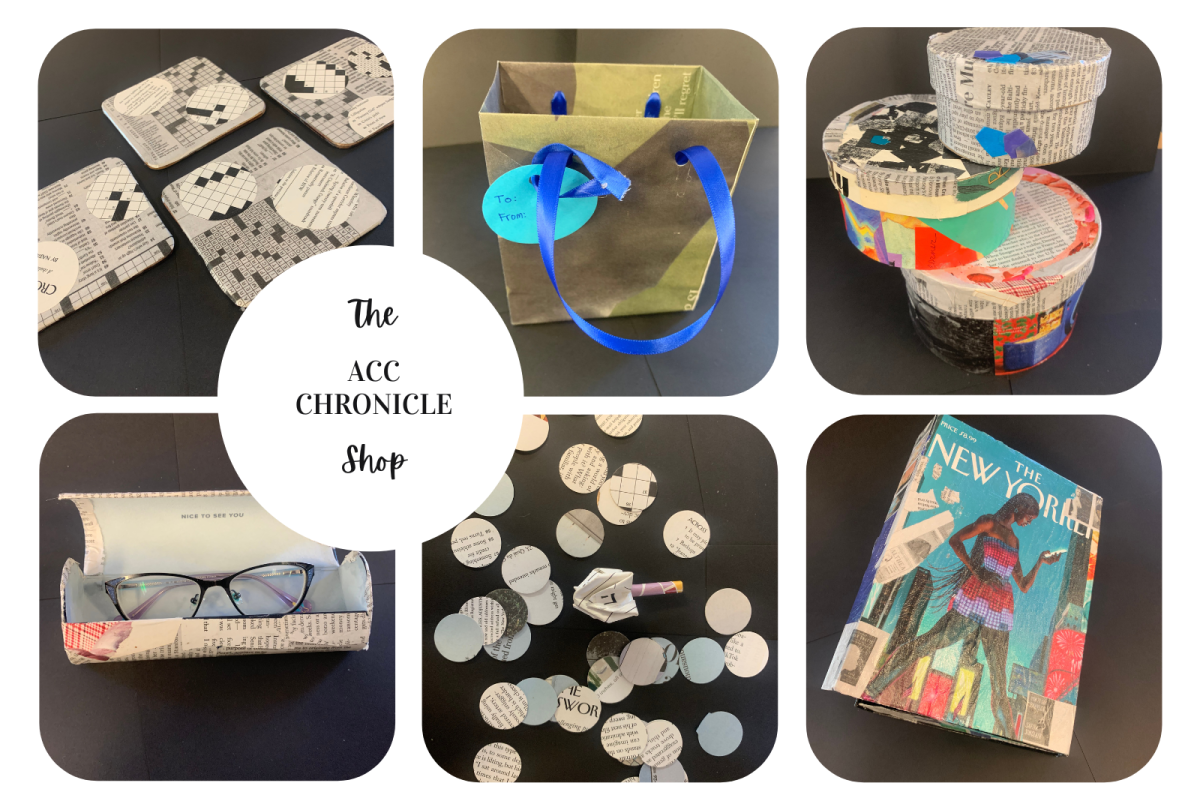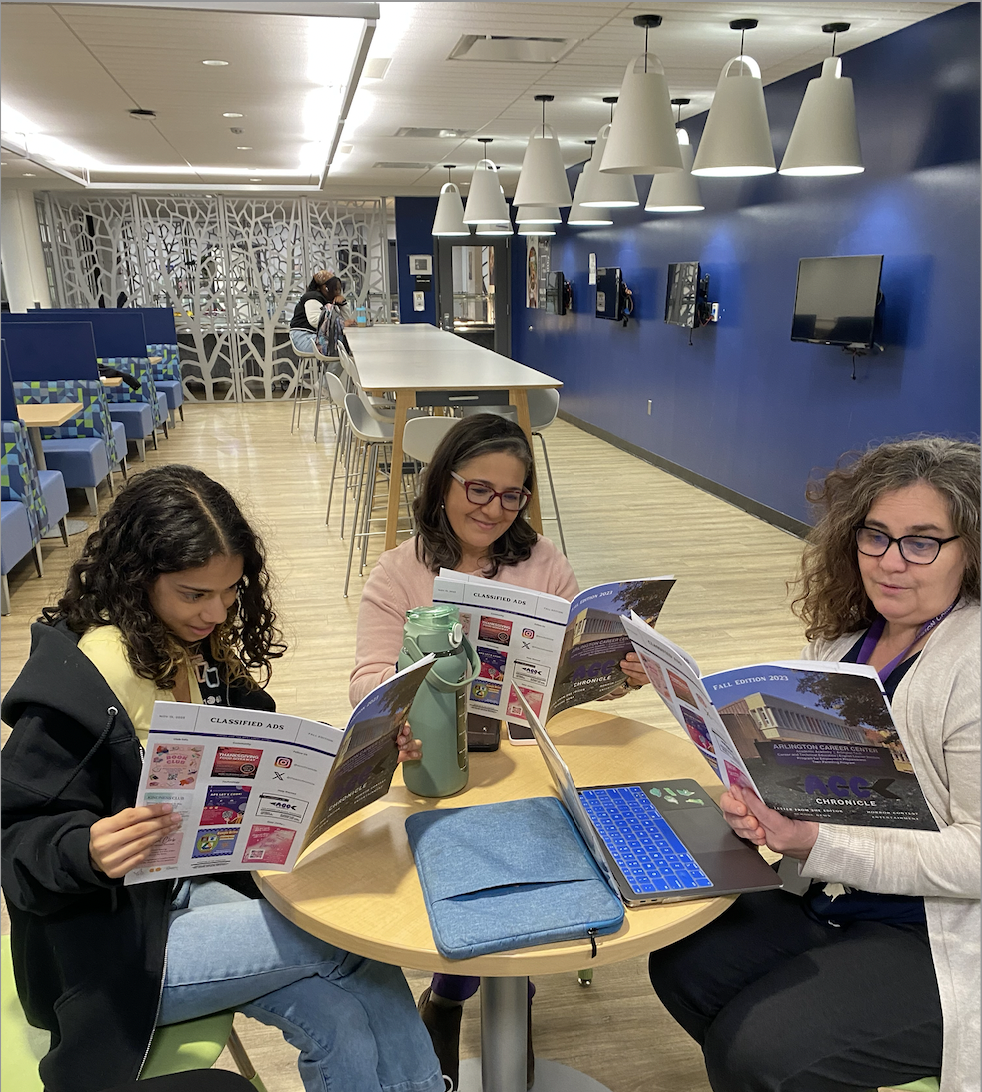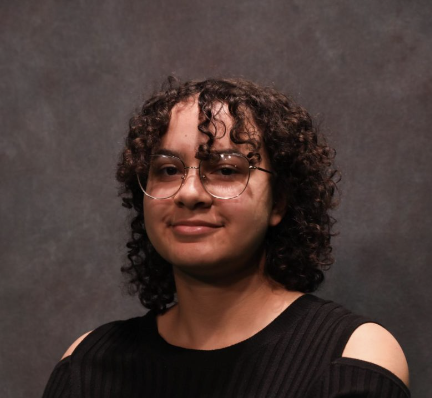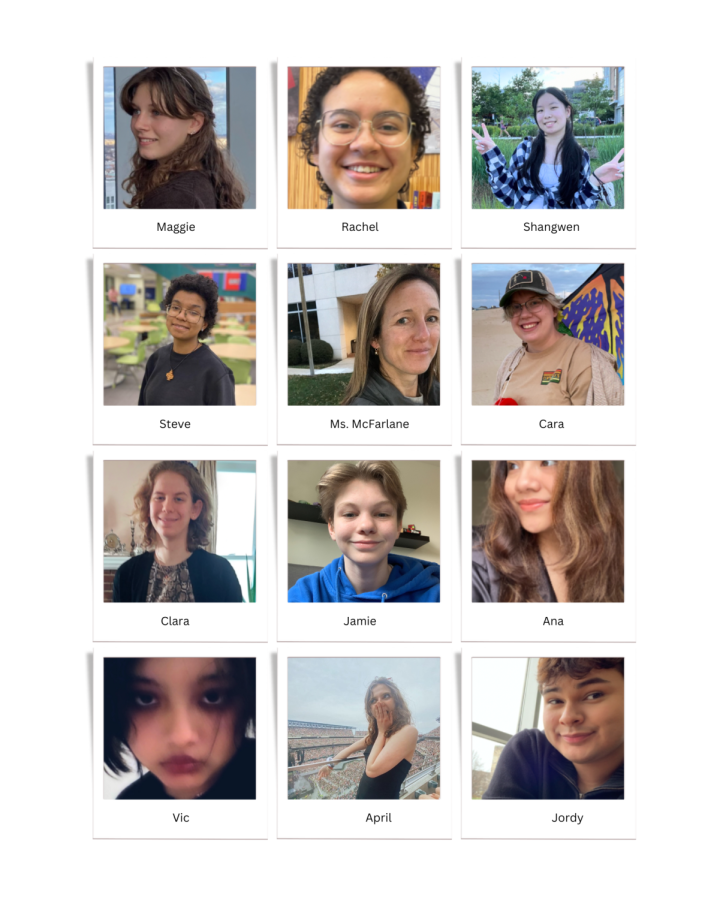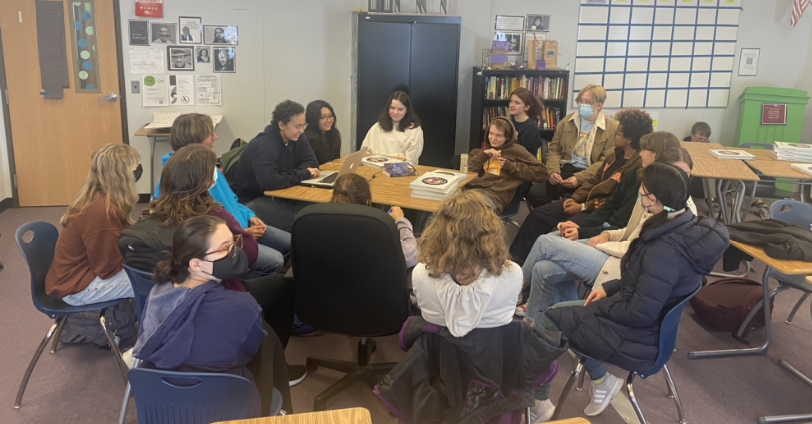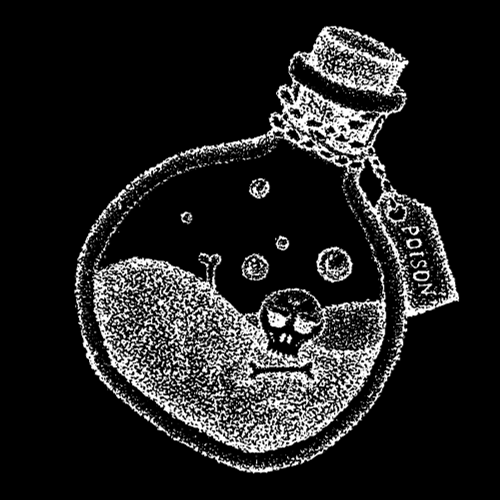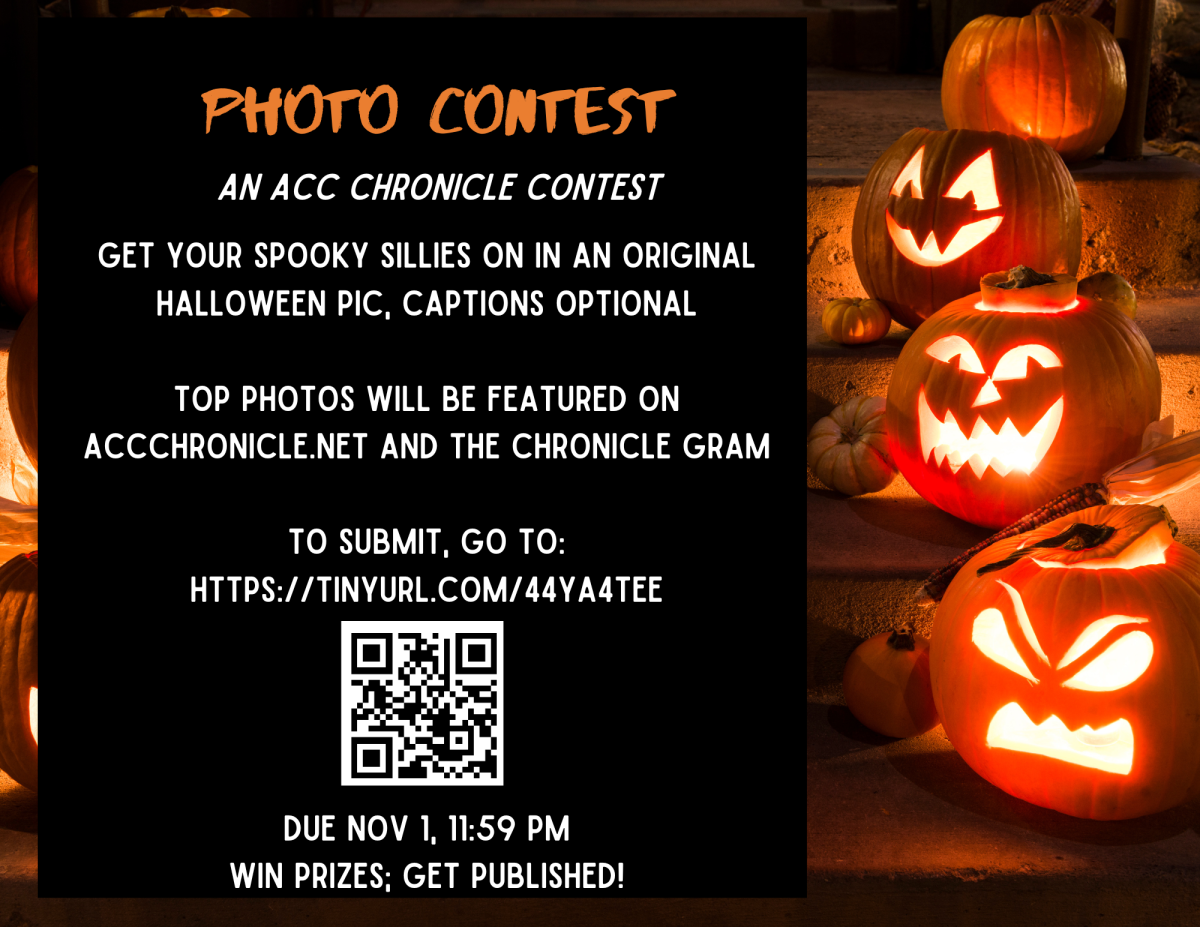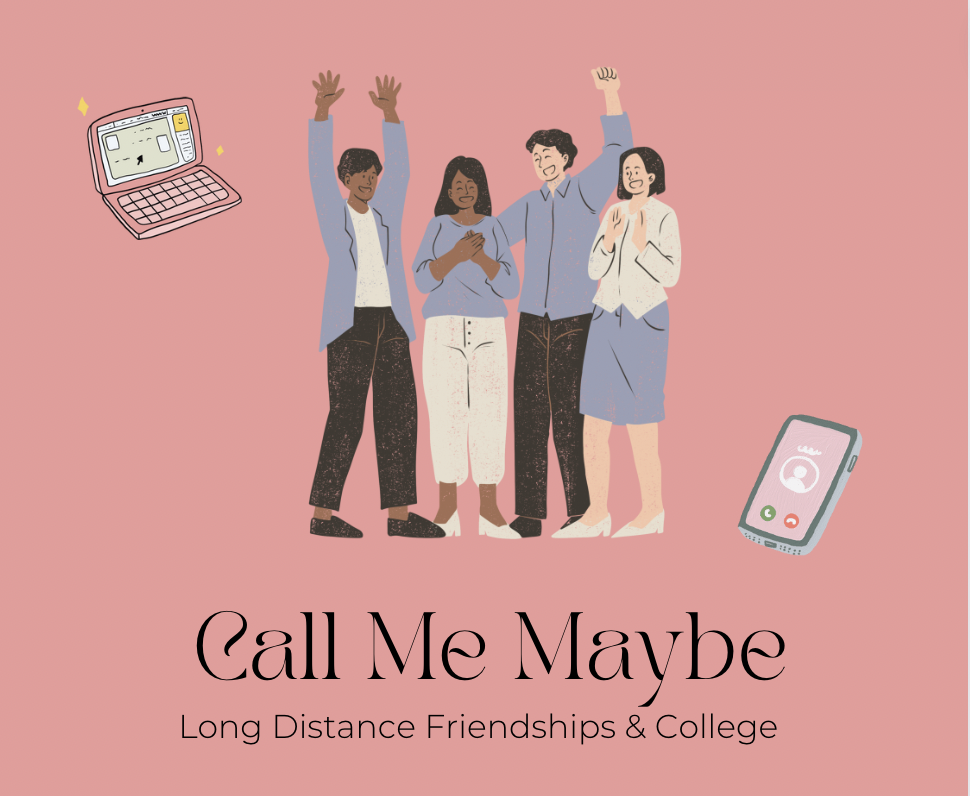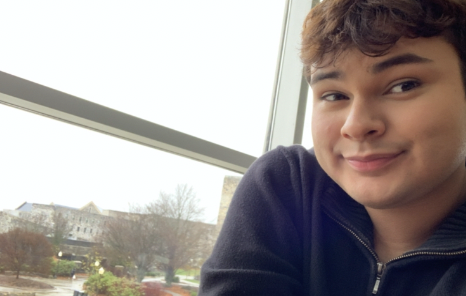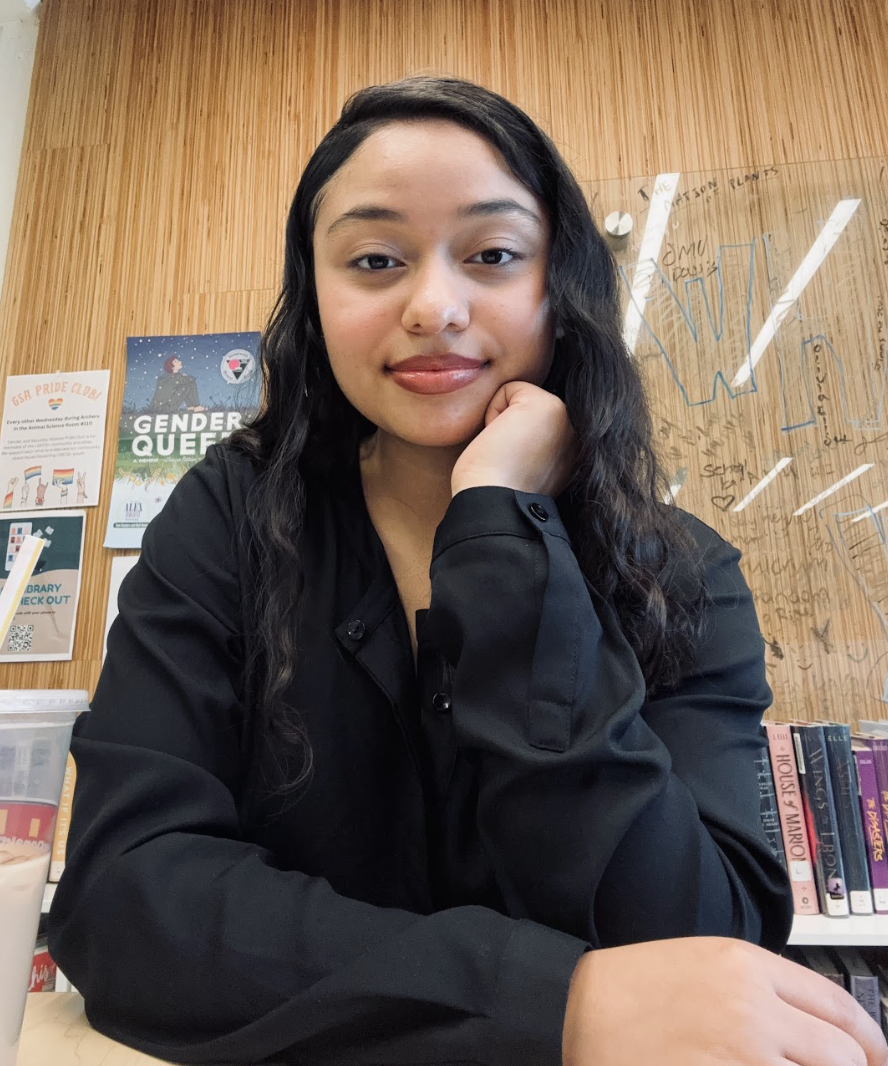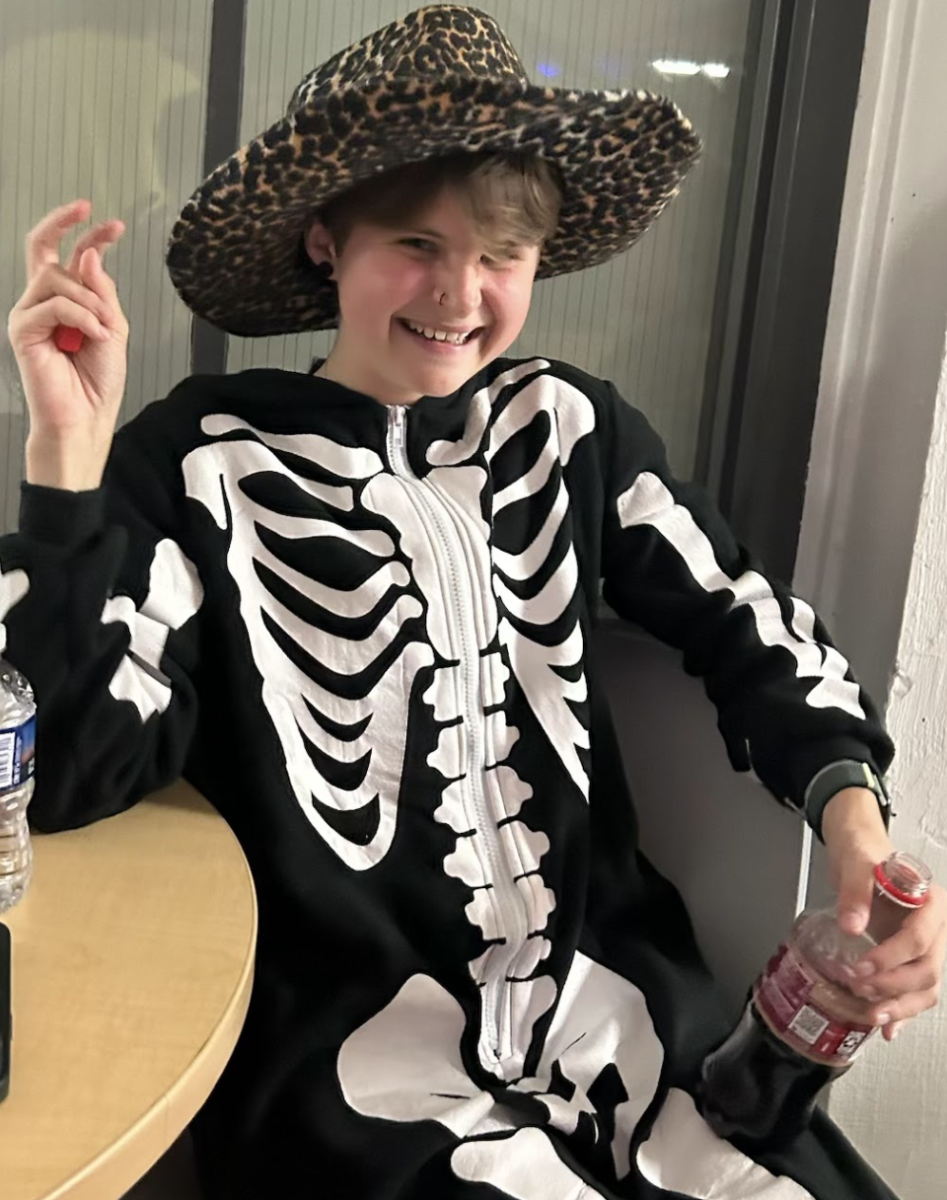I was born in New Orleans, in the Deep South, in the early 1960s, white. My generation learned nothing about Black History. We were told not to go in certain neighborhoods, or speak to people we did not know, if they were of a different color. I was fortunate – my father was a musician, so he was more open-minded. But the place, the time, the entire bubble I lived in, was not. As an adult, I found out there was a whole other history I had never learned or really known about. I took a trip to Mississippi and Alabama in 2020 and 2021 and I spent all of my time in “those neighborhoods.” My eyes opened to the reality that there were people who had few rights, few privileges, few opportunities, all things I took for granted. I looked at broken down buildings and collapsing structures not as blight, but as places that did not have the money or the civic support to continue. I went to towns that had almost nothing that I would consider necessary for a town to have, yet people lived there, and made their existences meaningful. I saw a lot of churches. I am not religious myself, because, in the course of my life, I have come to see things differently from how I was taught. But I looked in these churches and saw people singing, hoping for better times, enjoying the fact that they could be themselves, and I saw the draw for them.
I saw sights and heard sounds that amazed me. The cotton gin fan that was tied to Emmett Till’s body. A woman in my father’s hometown who said that the History of Civil Rights Museum made her “skin crawl.” People who looked in my back seat and saw all the books on Mississippi and Alabama, but not from the point of view they had. I am not unusual or special. I am just a learner, and I learned that these stories need to be told, until everyone knows them. Every person of my generation needs to make the trip I did, if only in their mind. They need to see why the trajectory of events in our country has not happened in a vacuum.
I love history and the lessons it teaches. Even if they are painful and sad.

